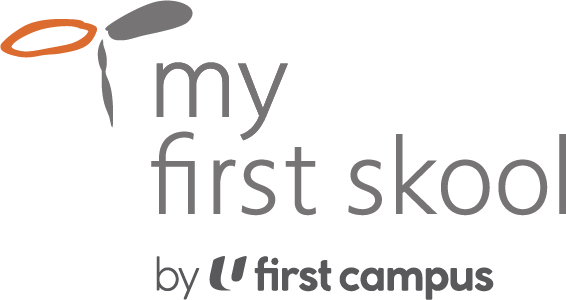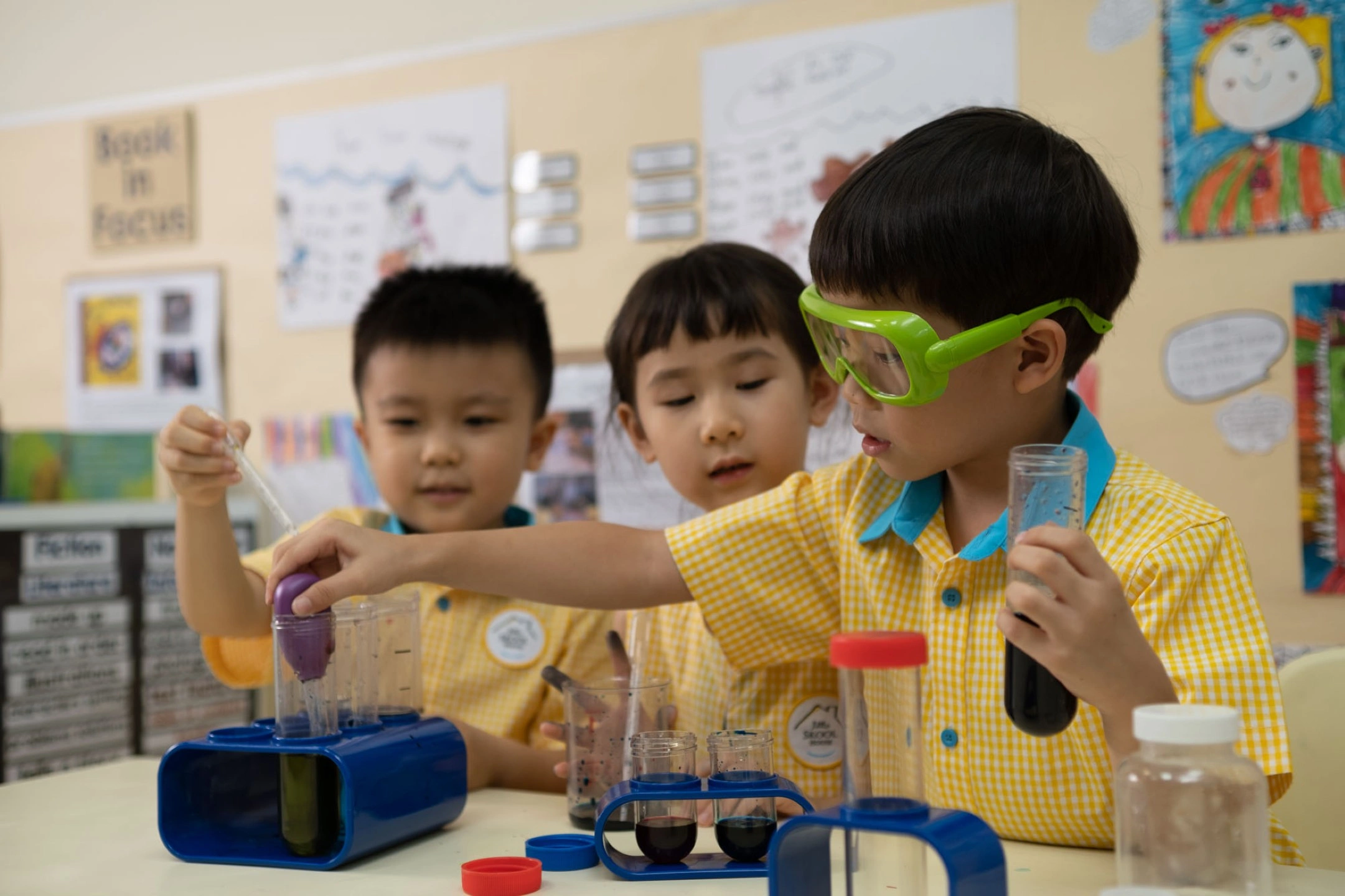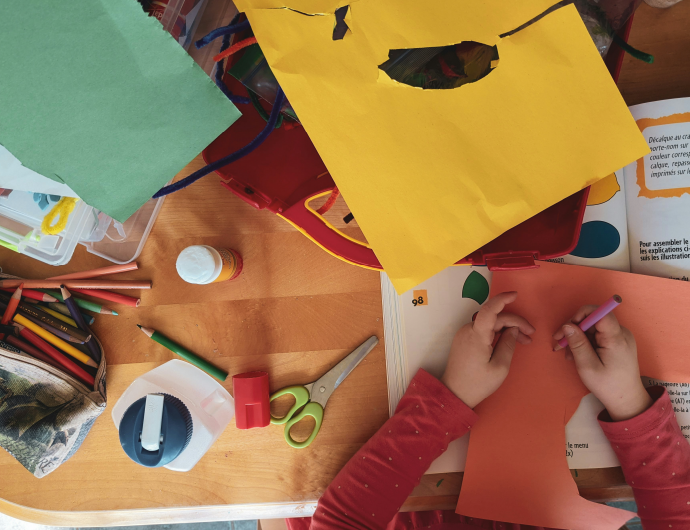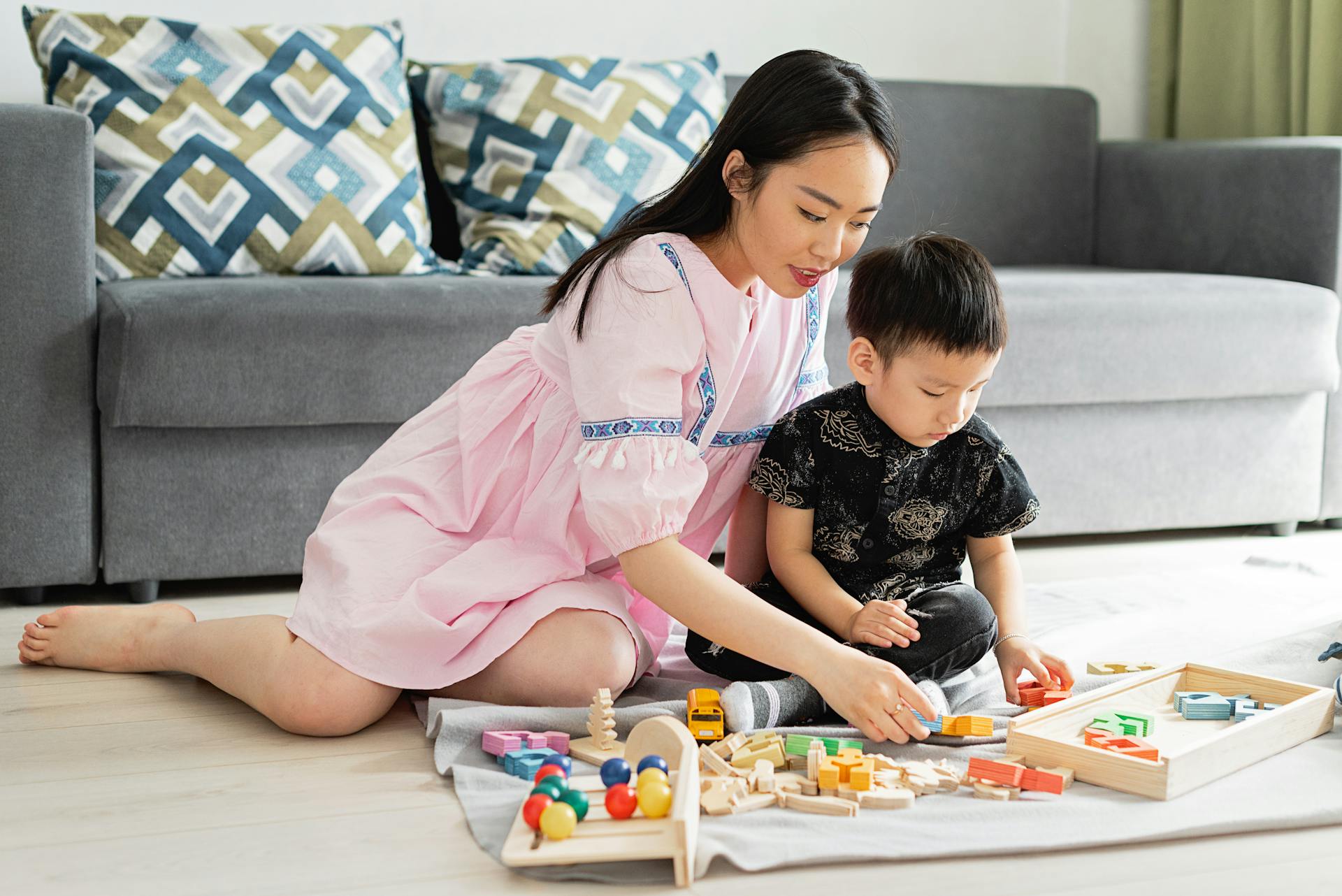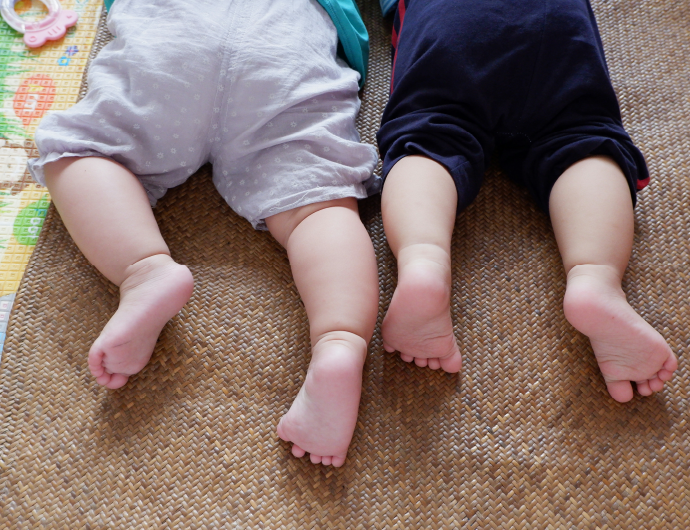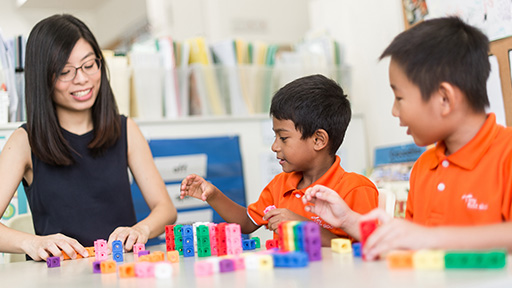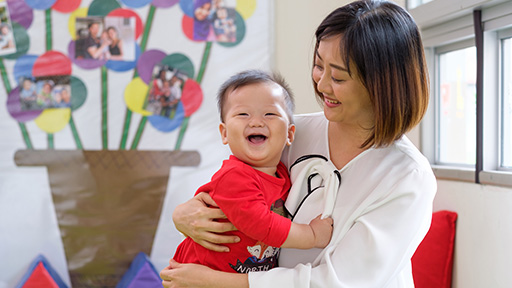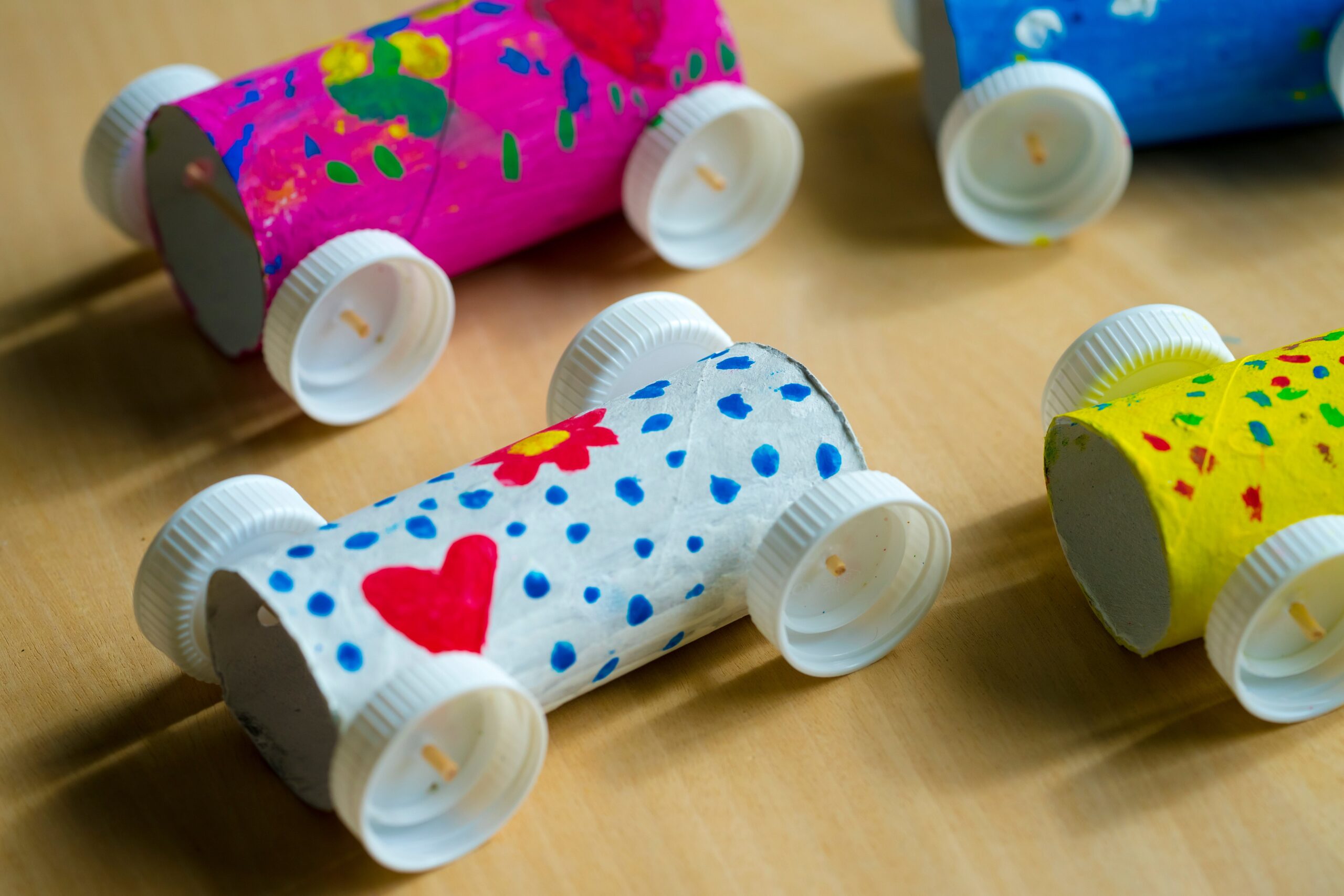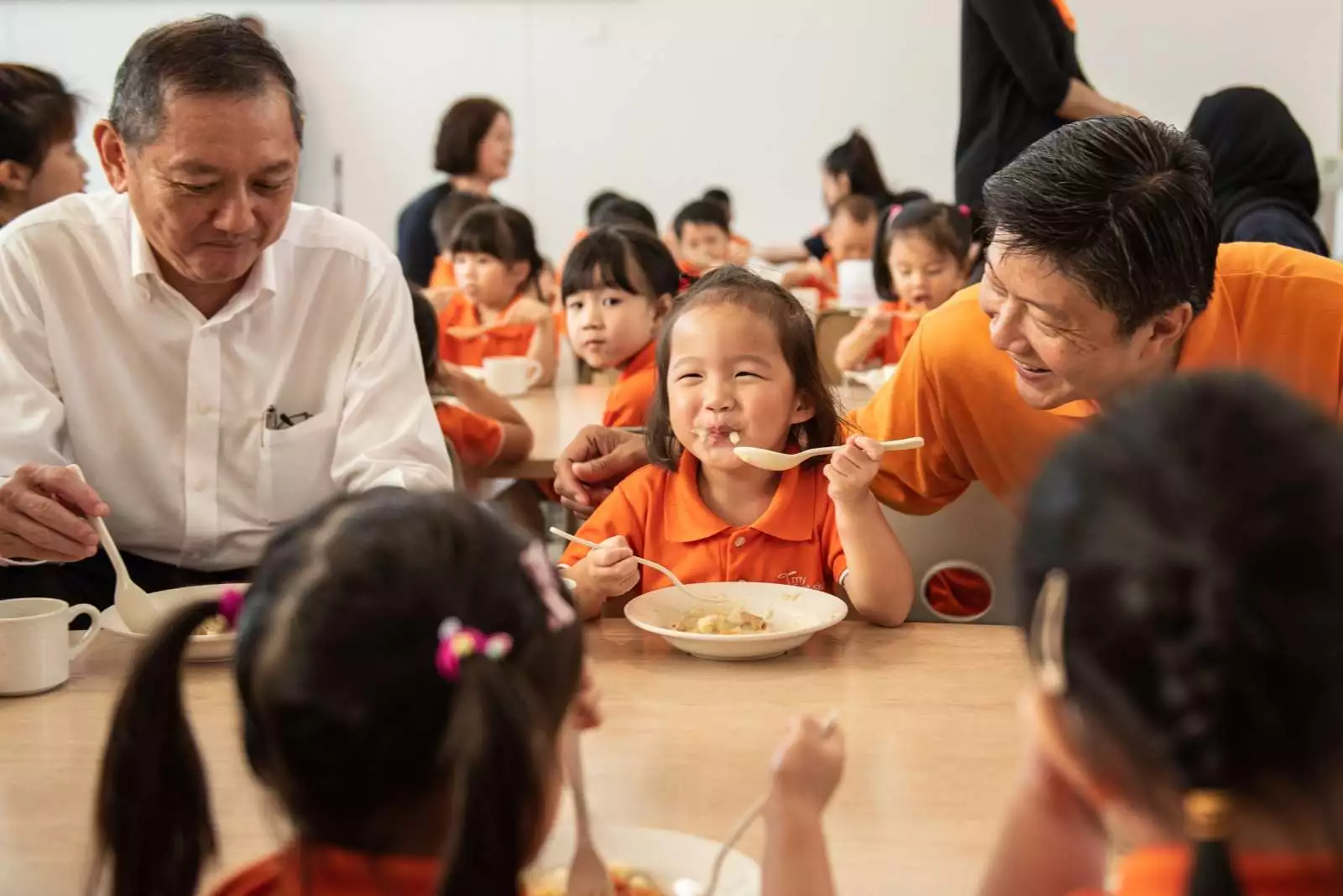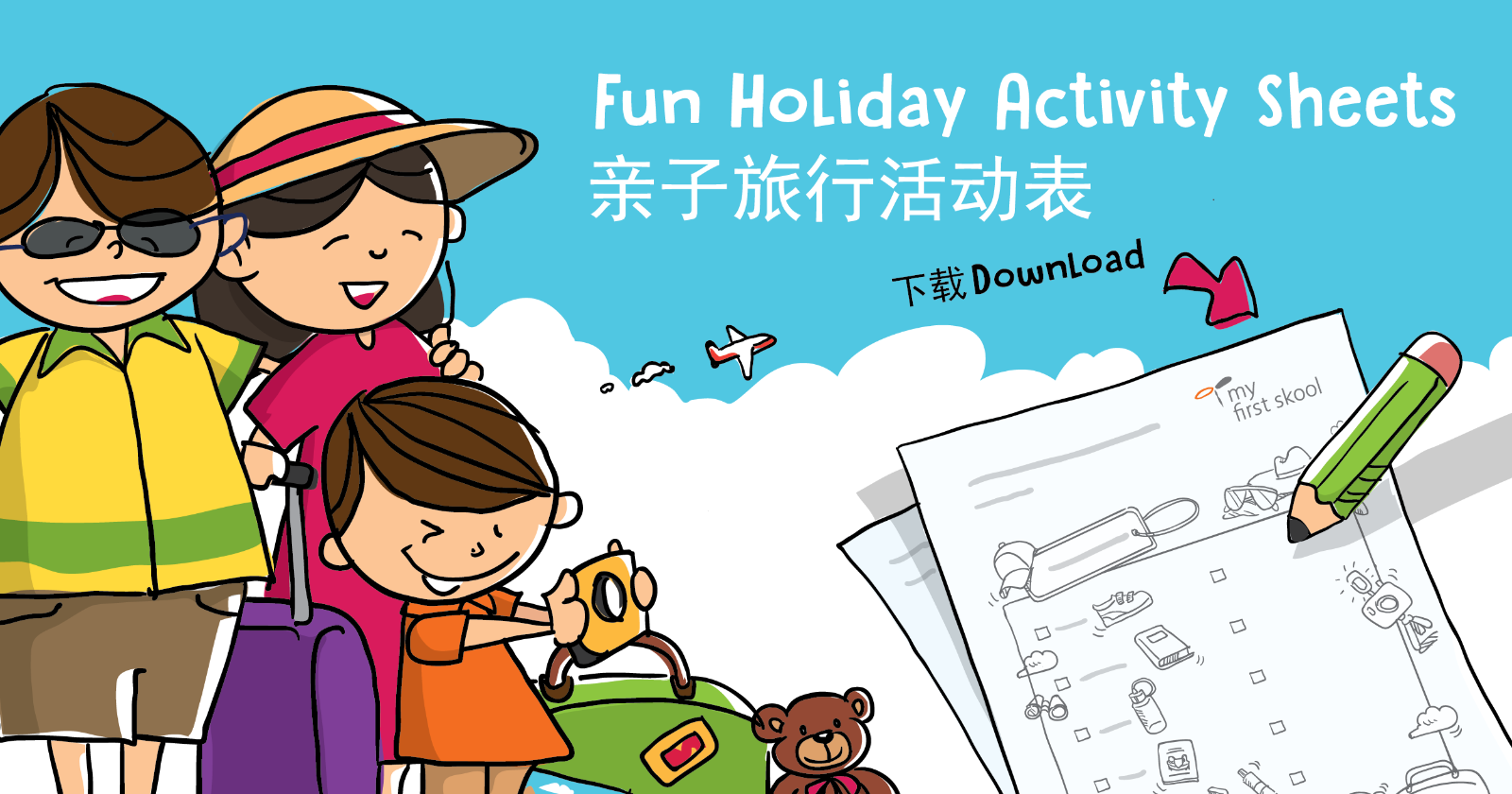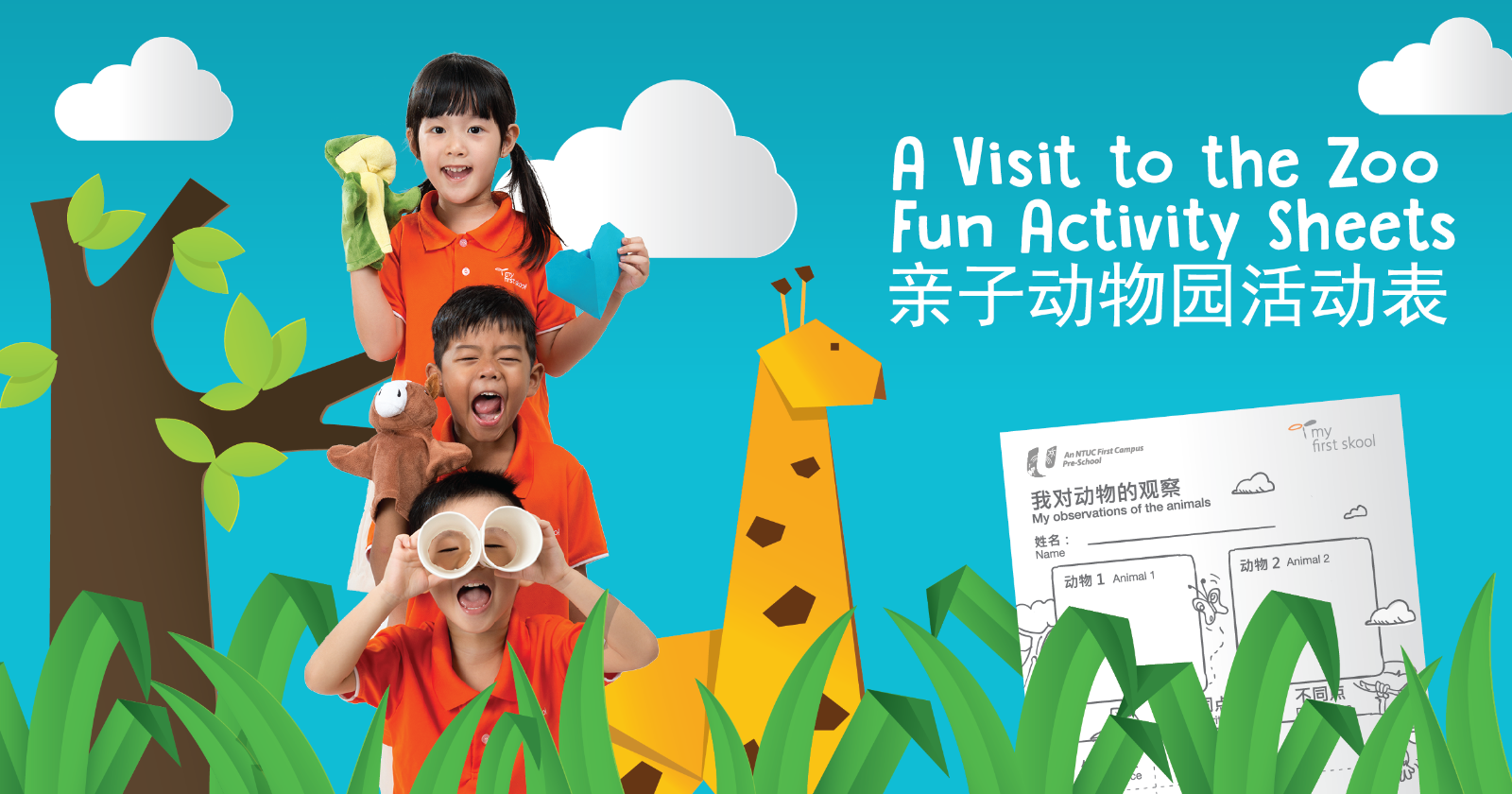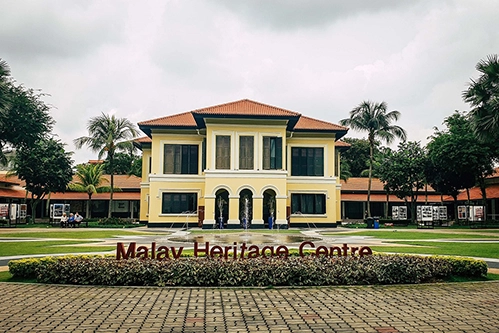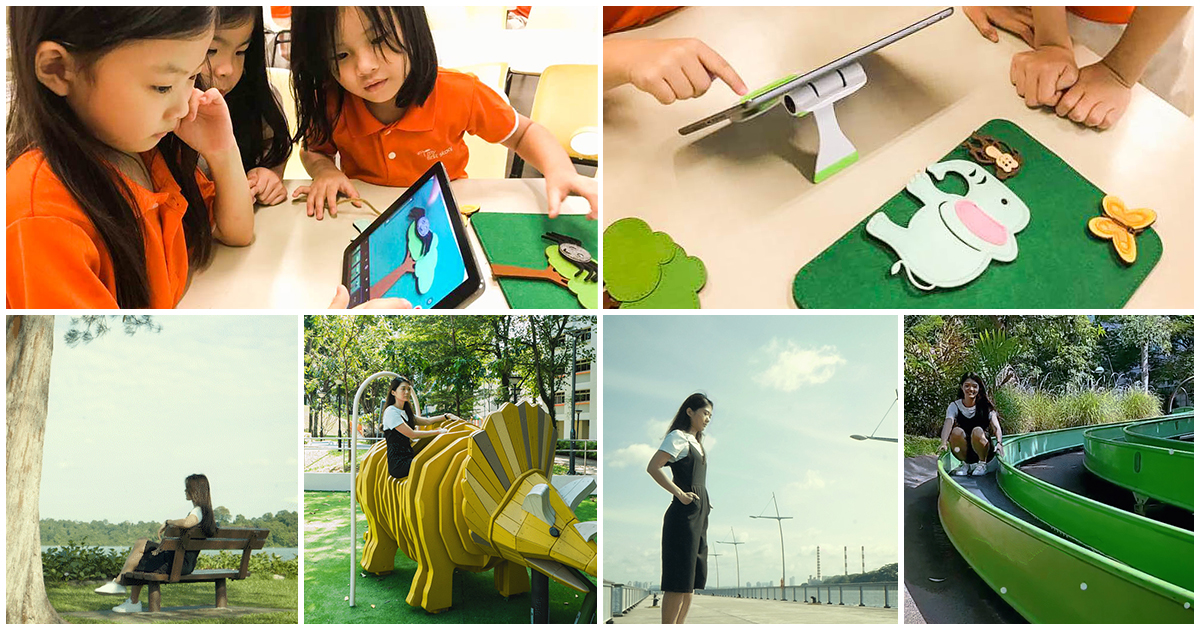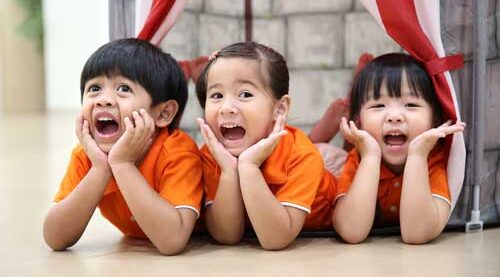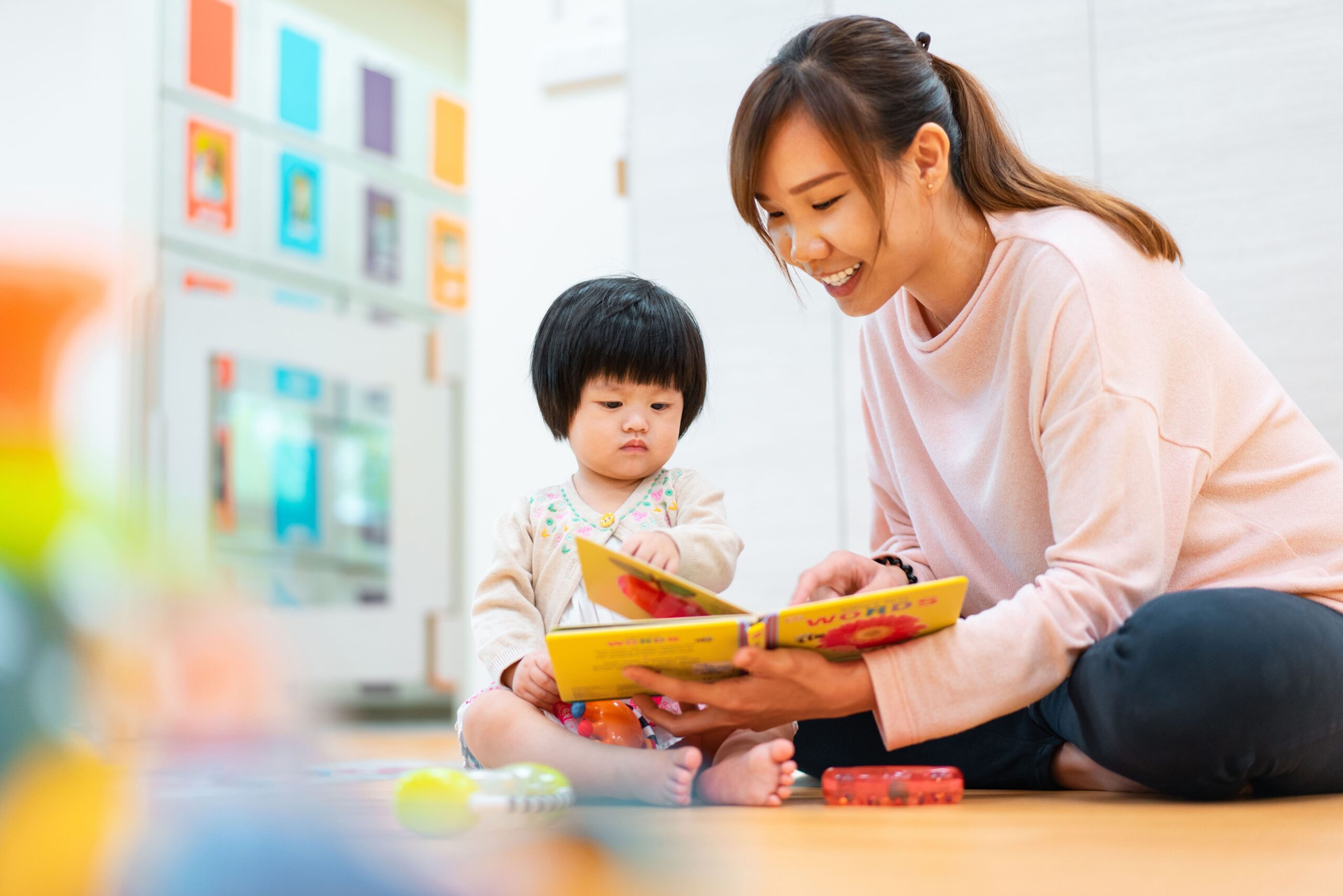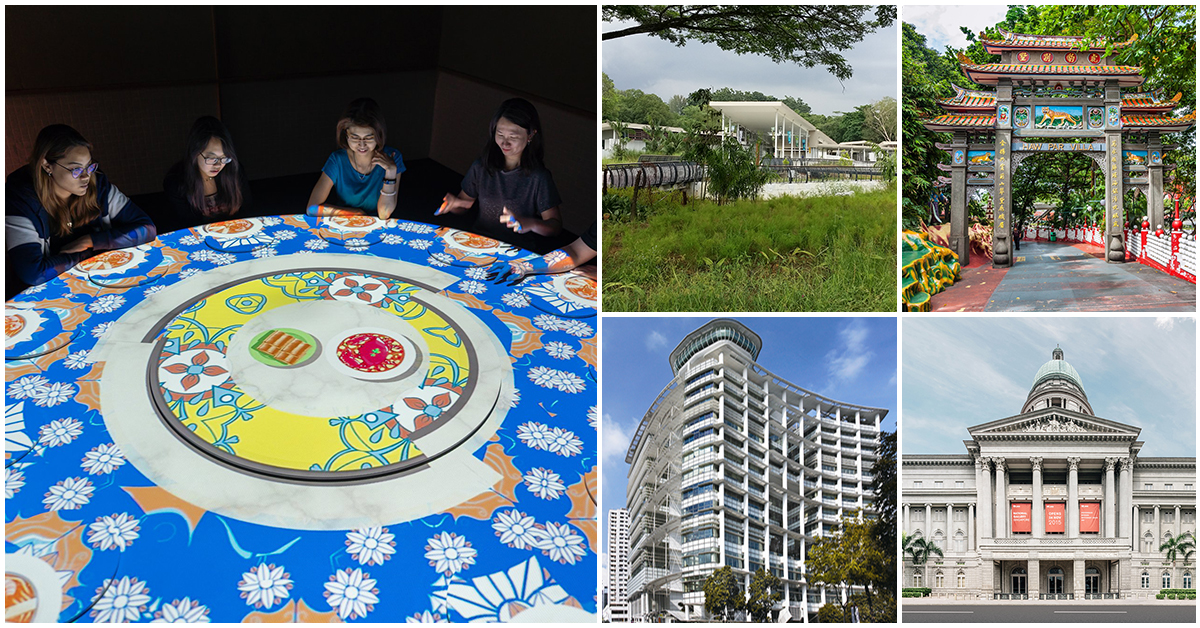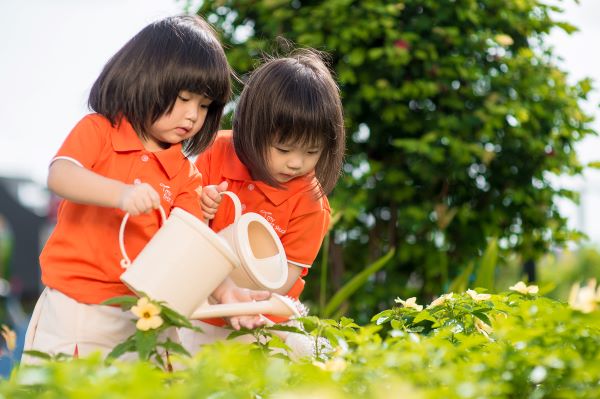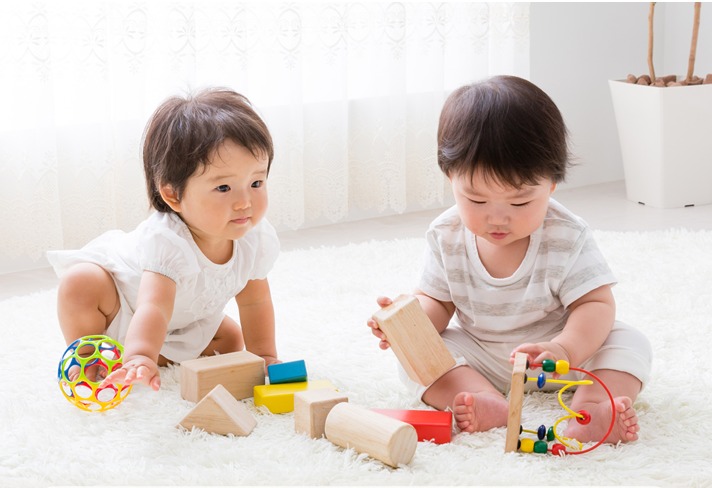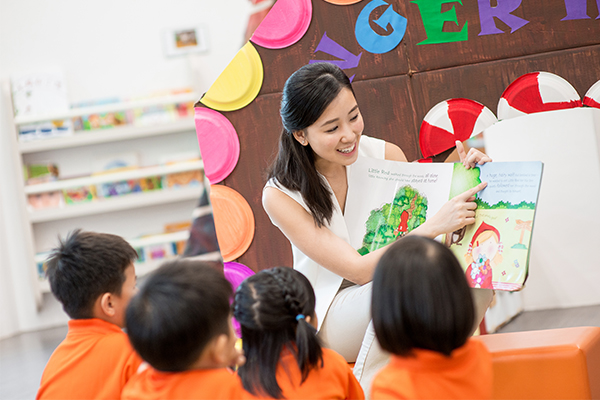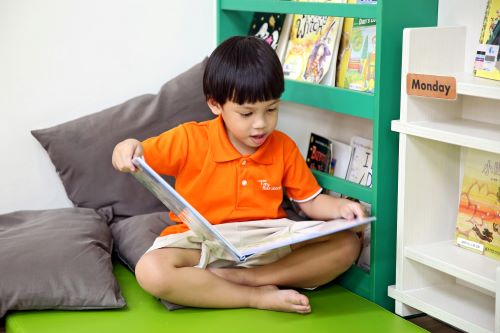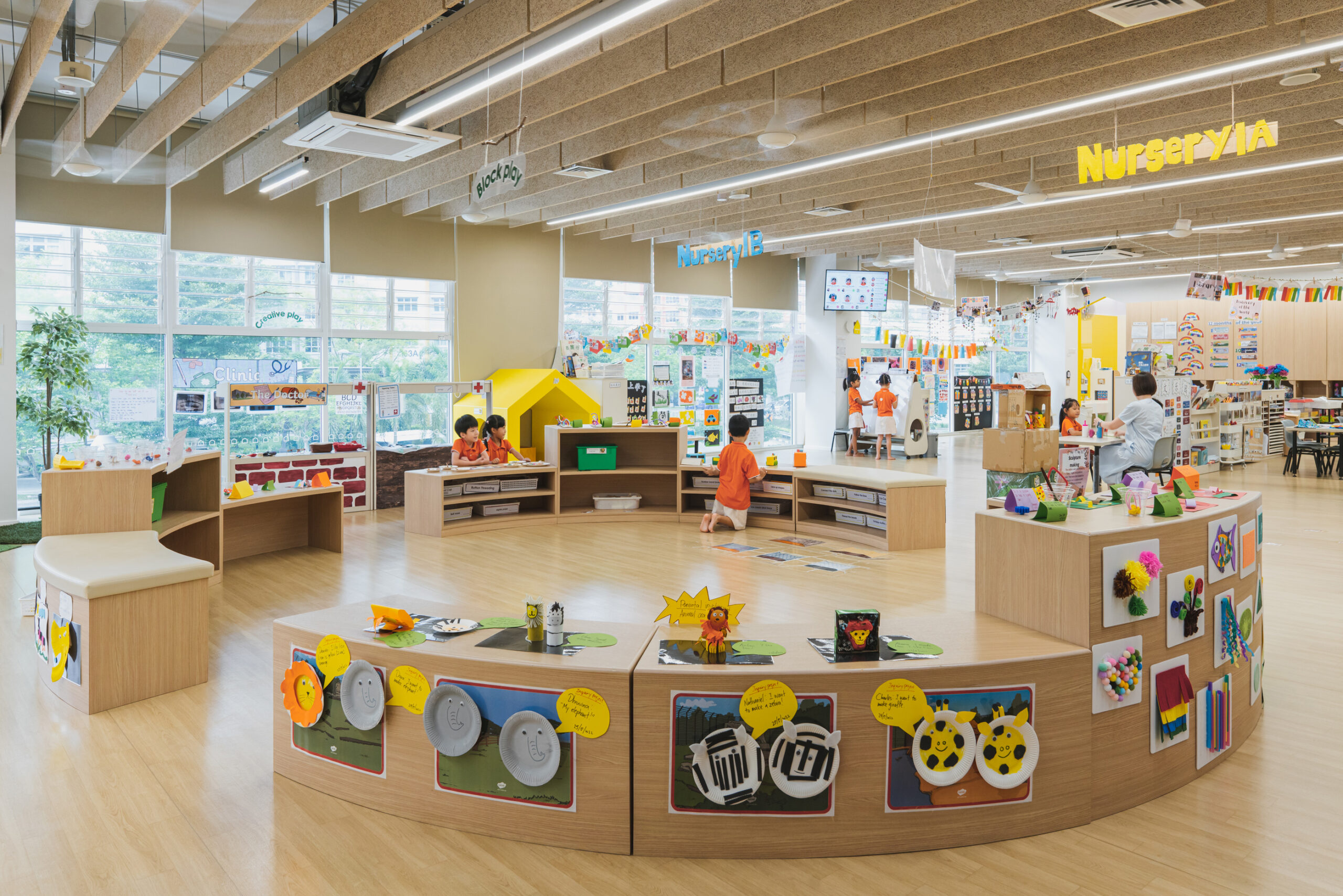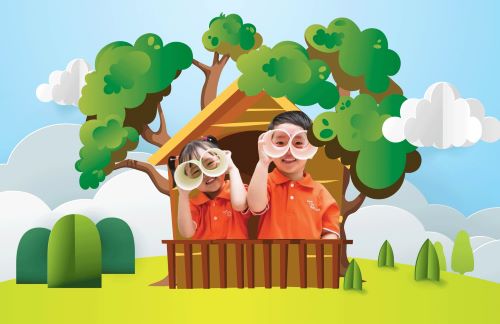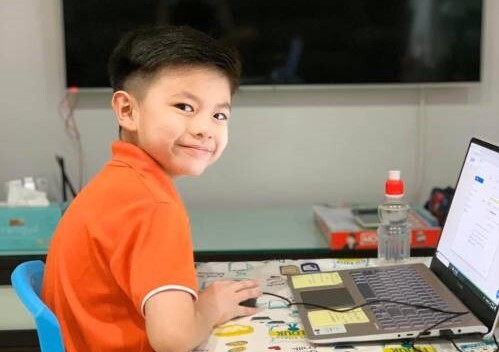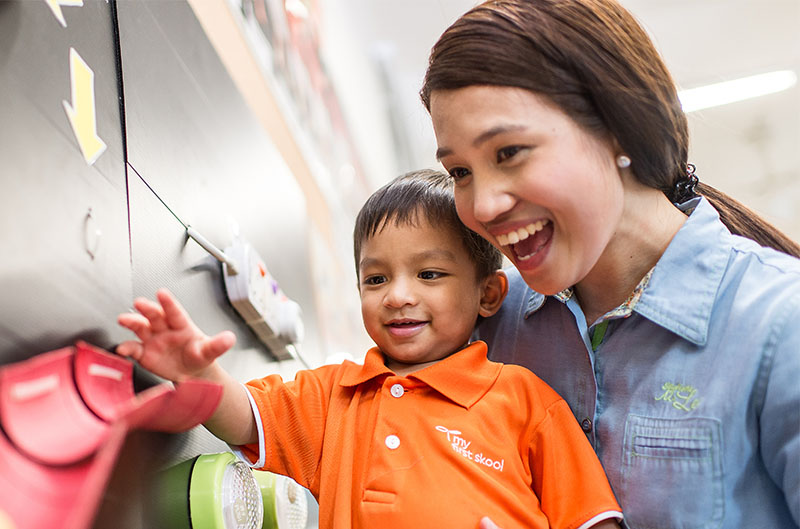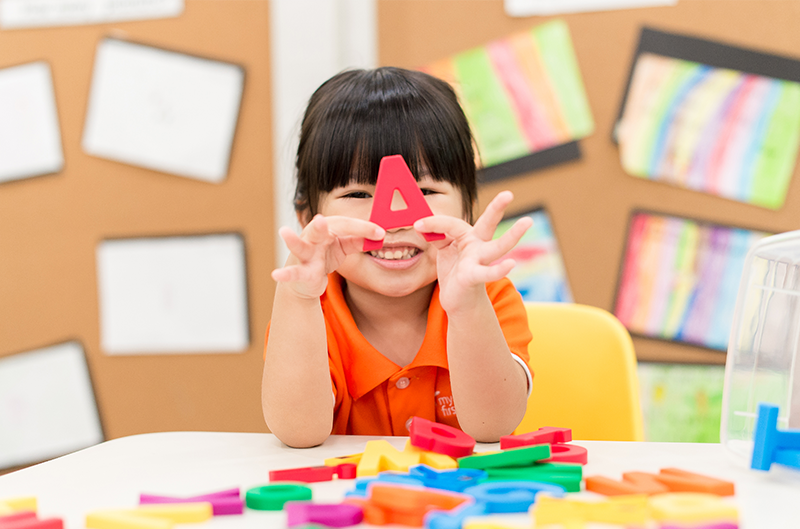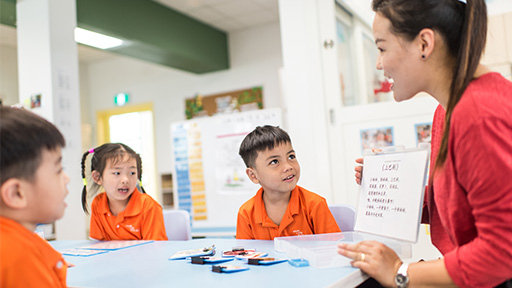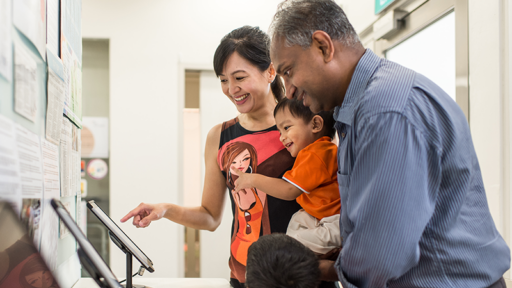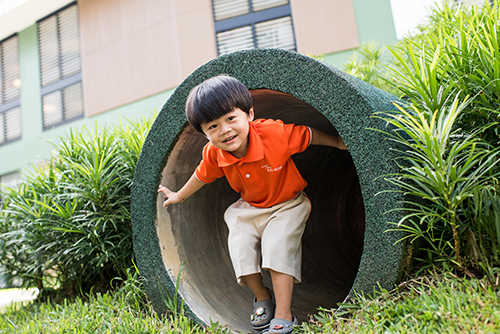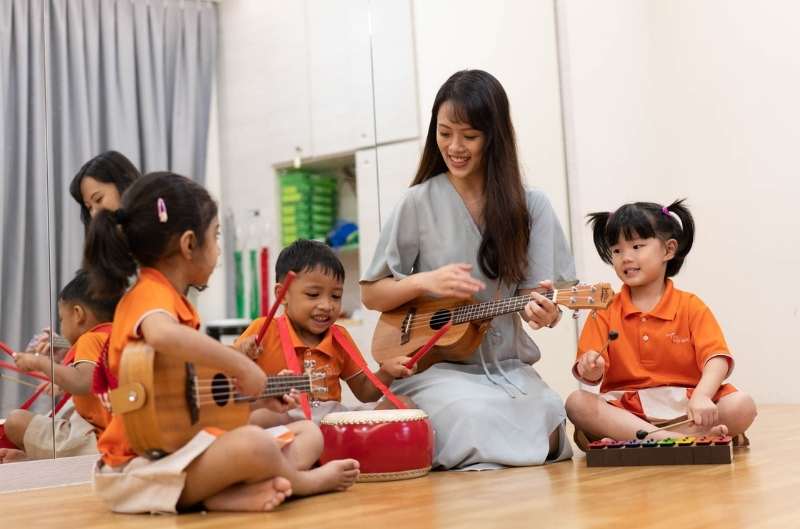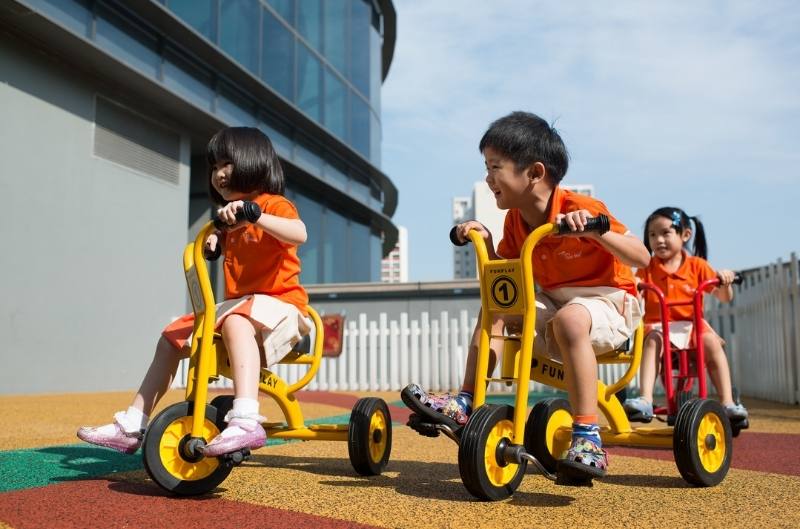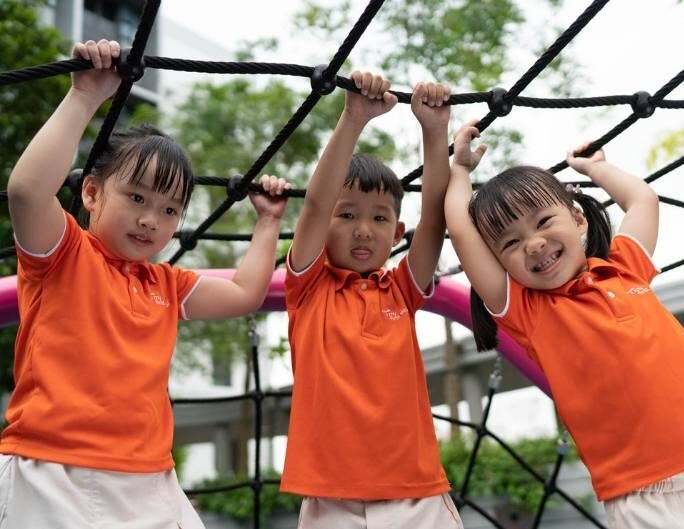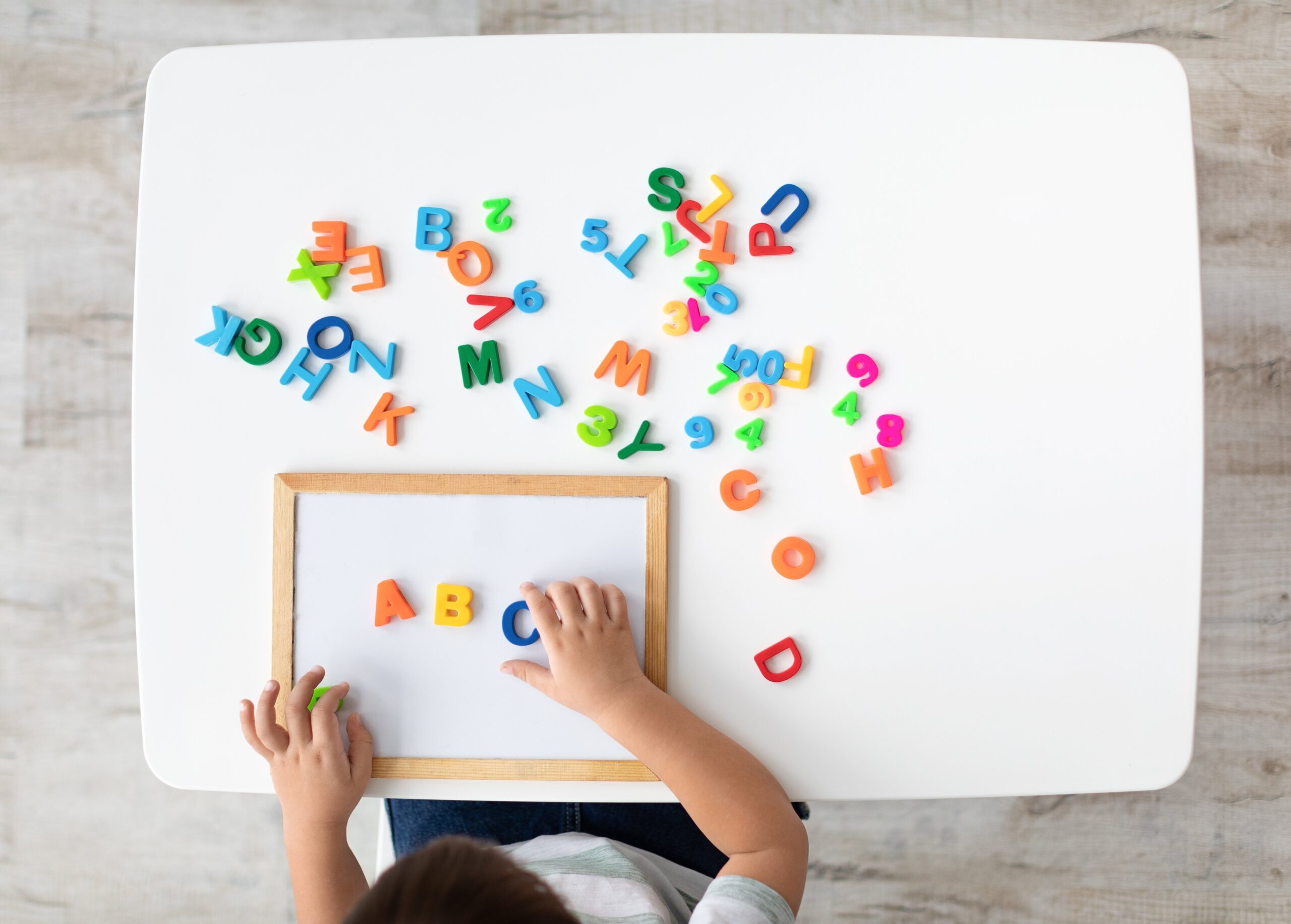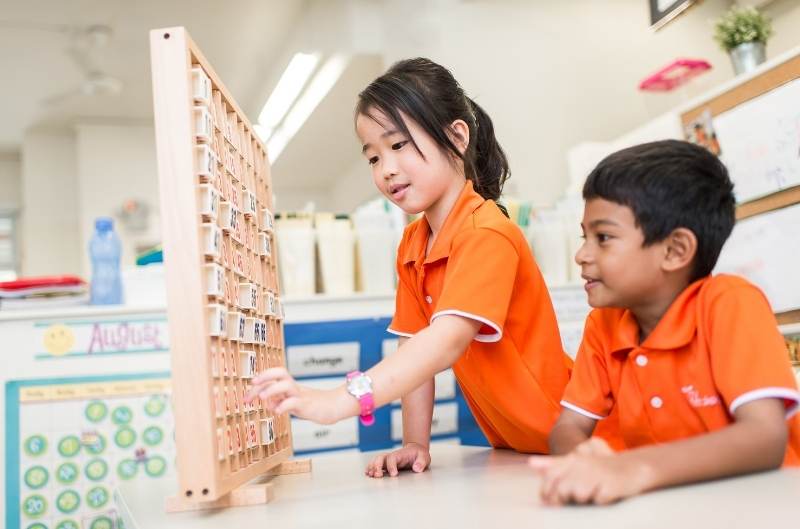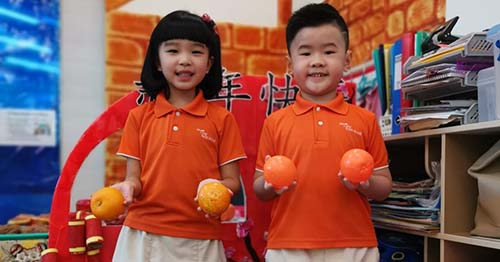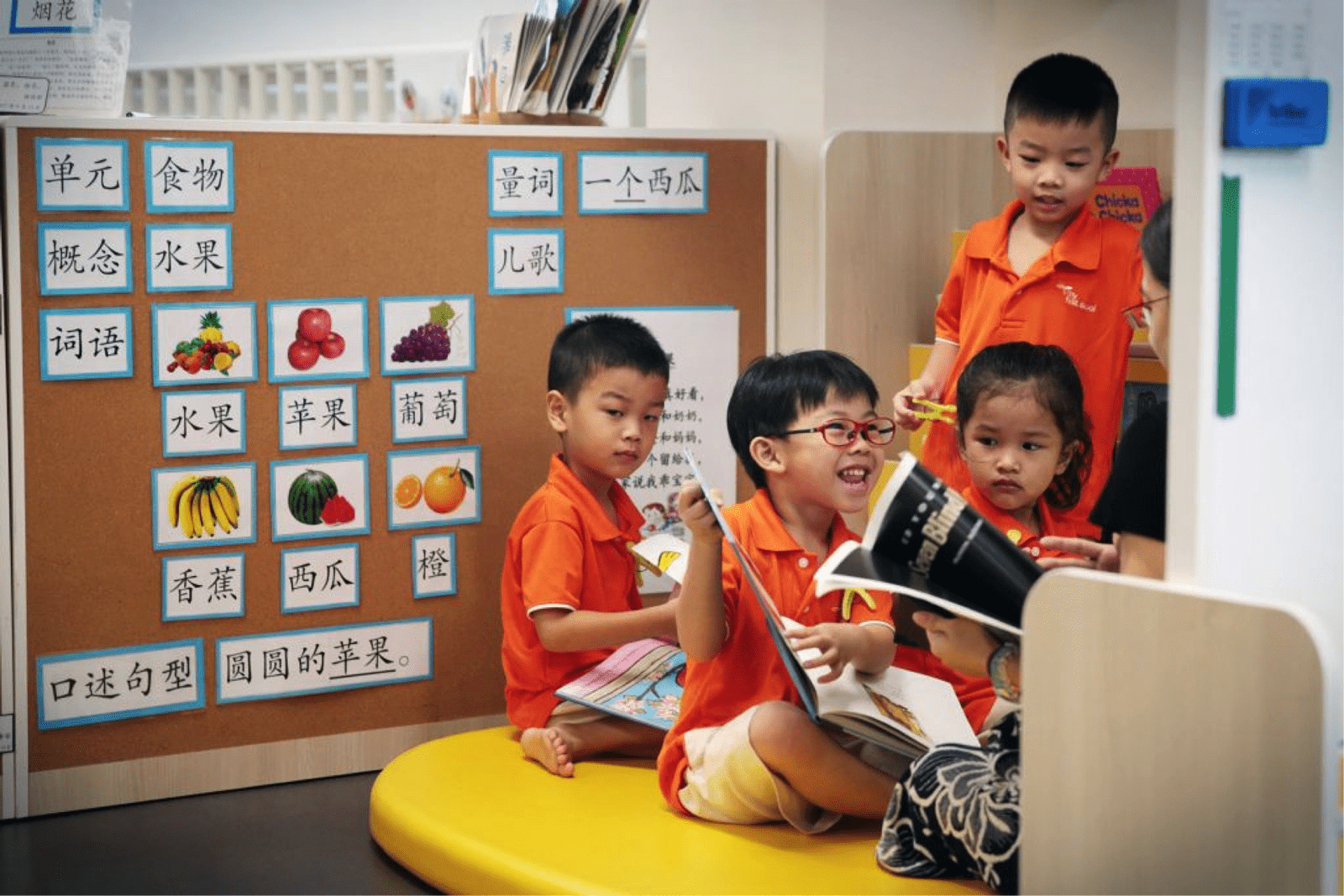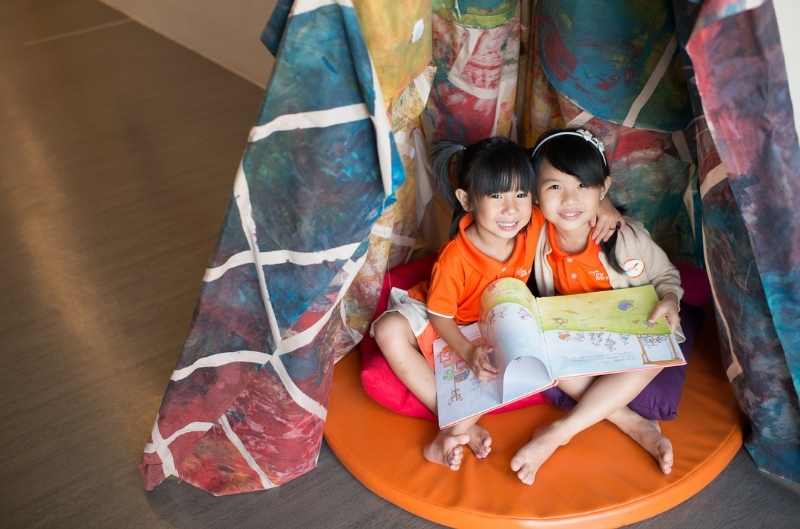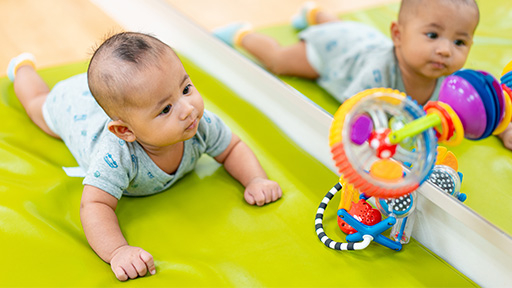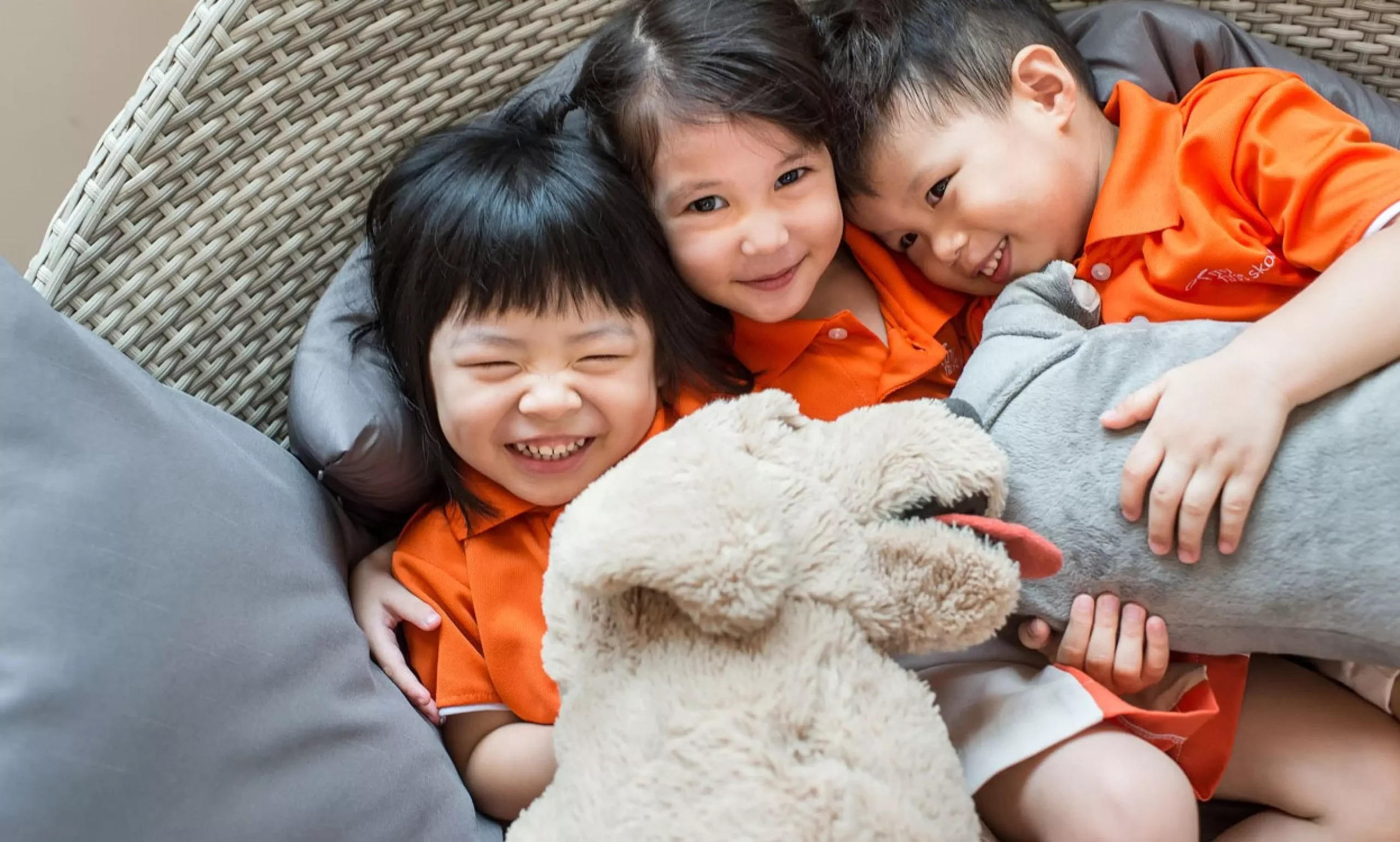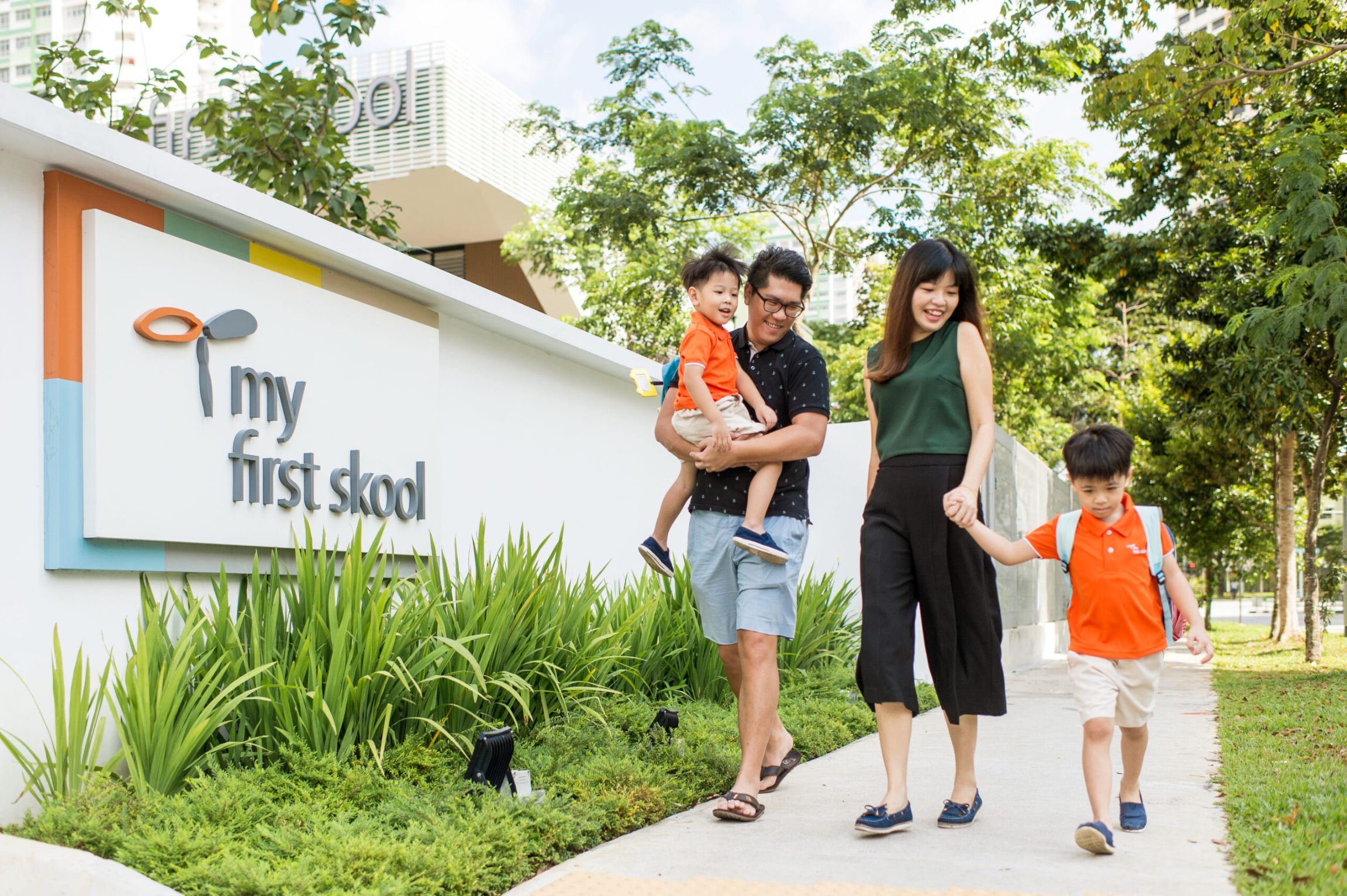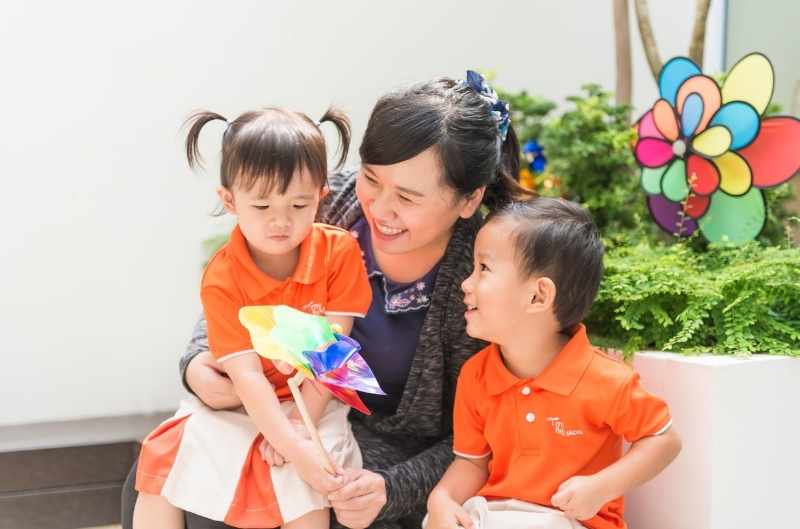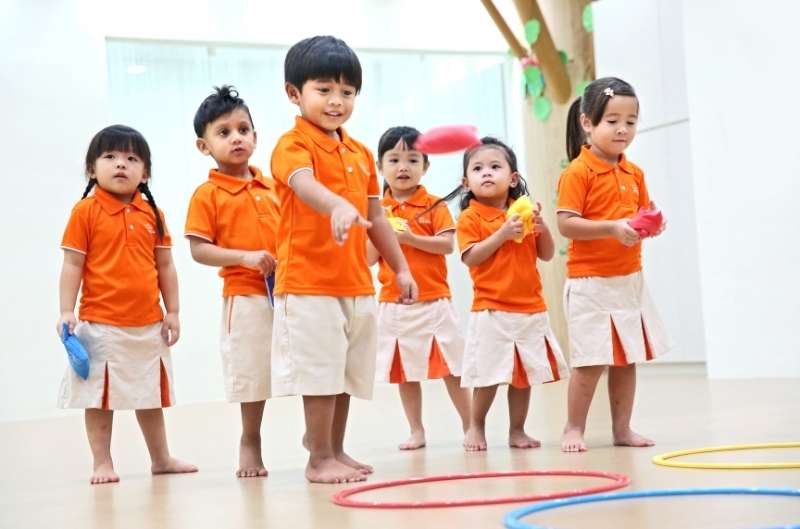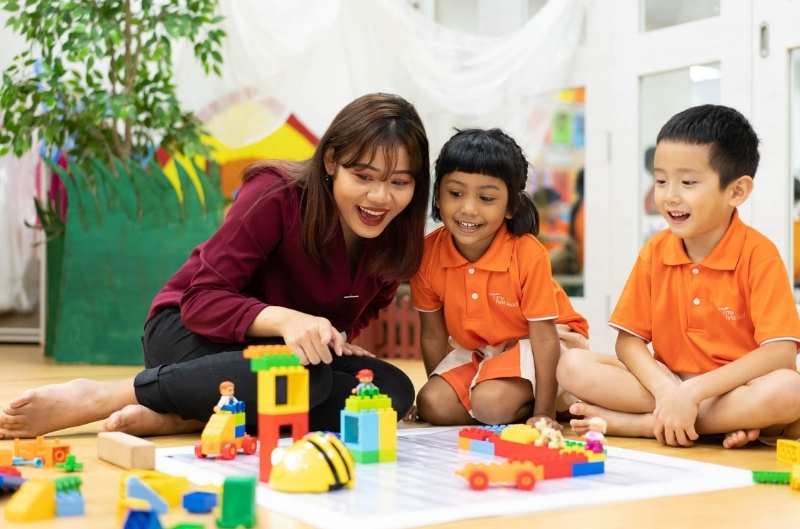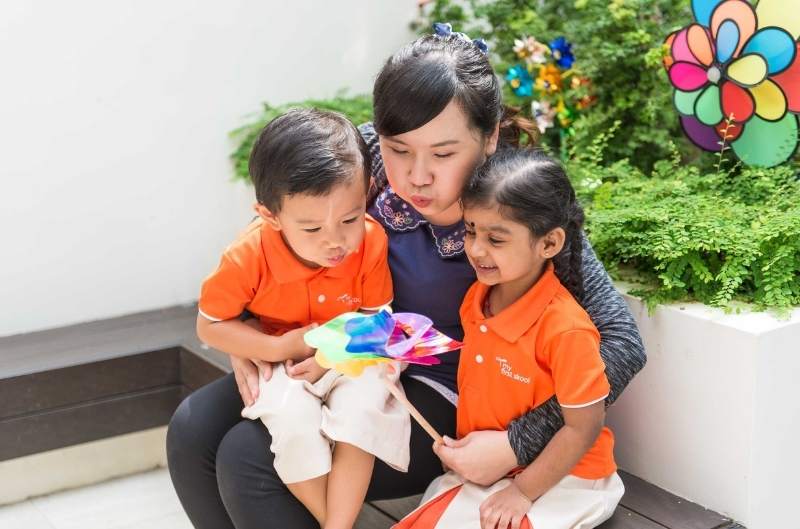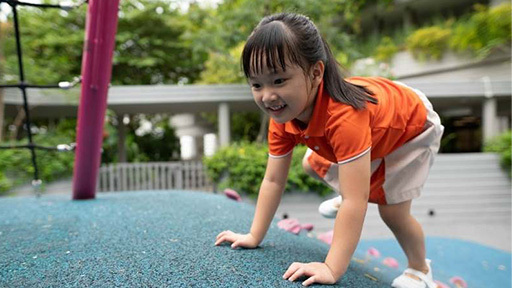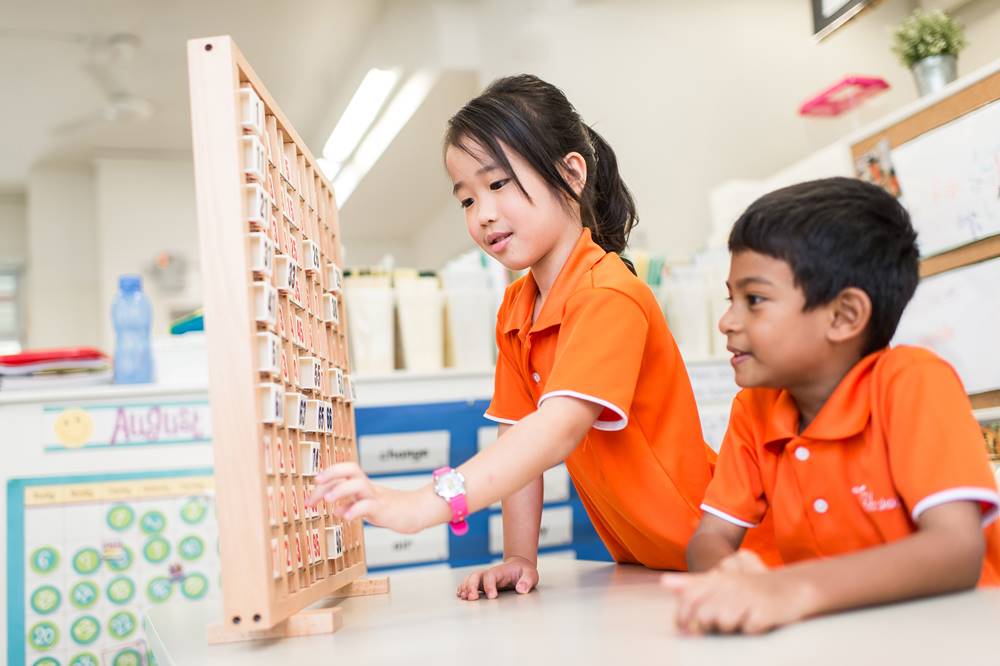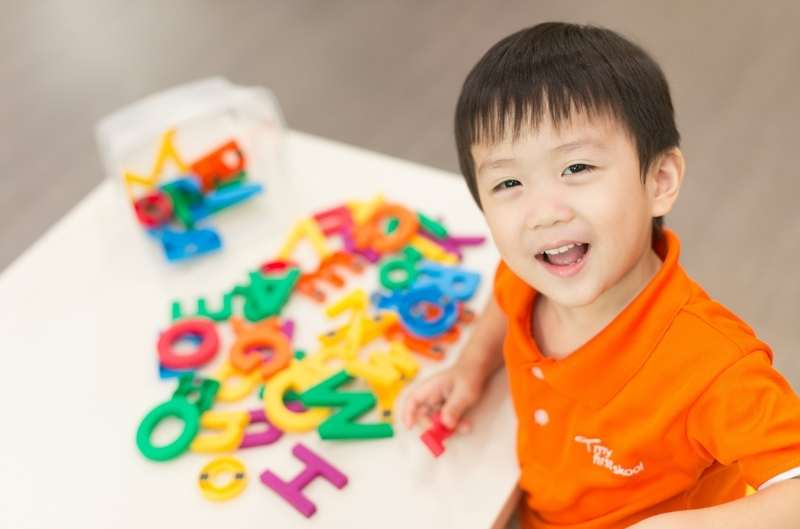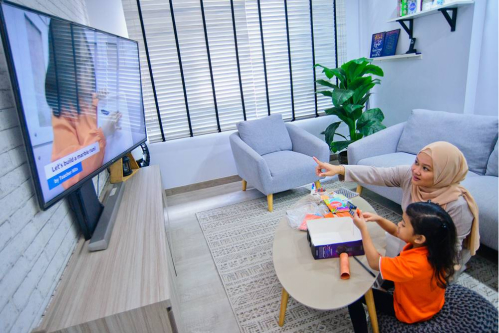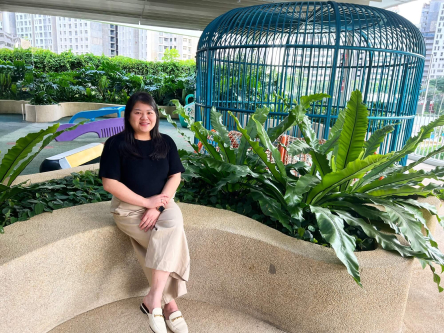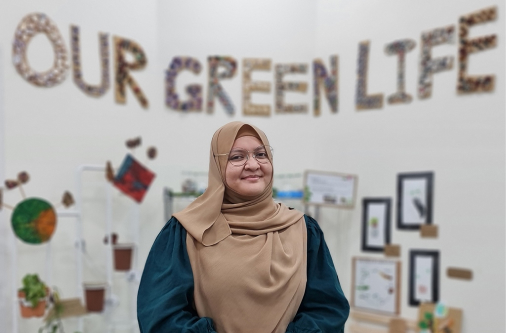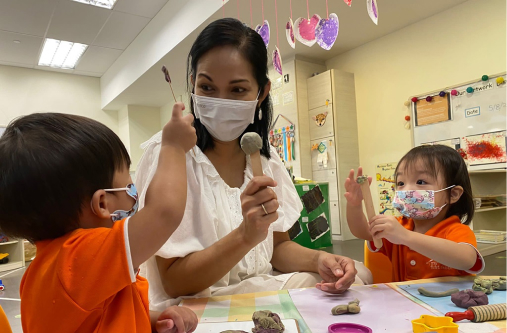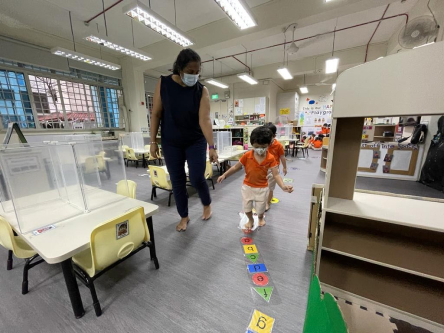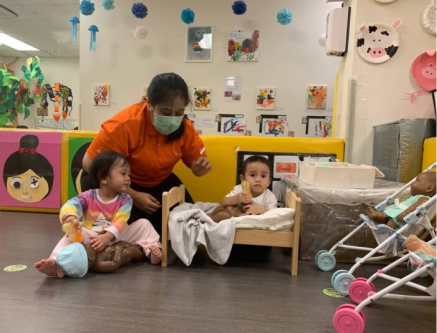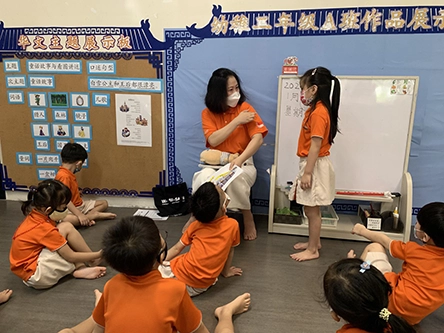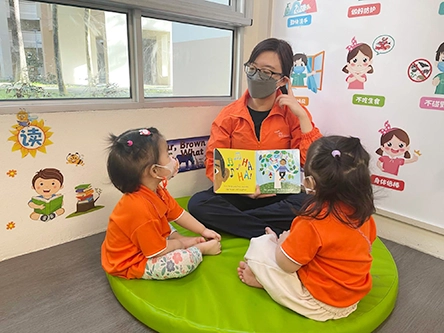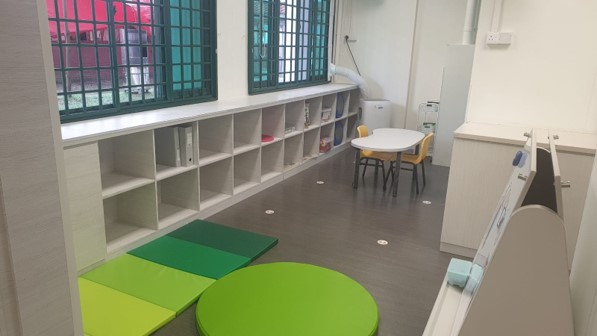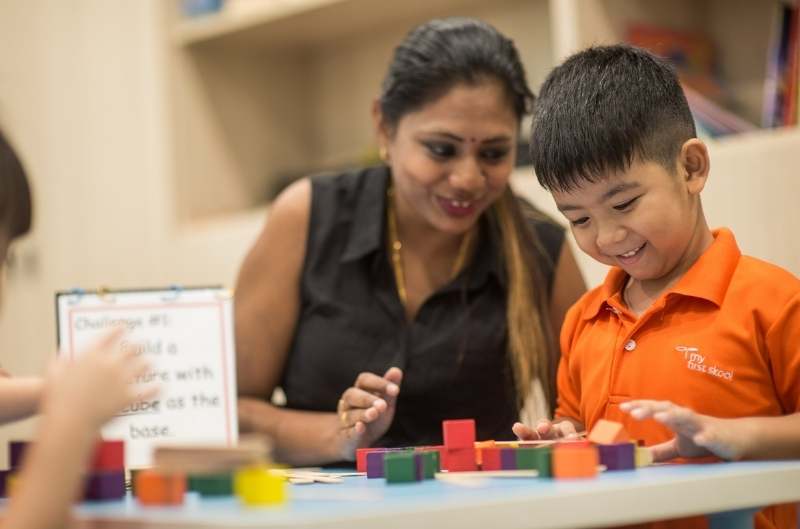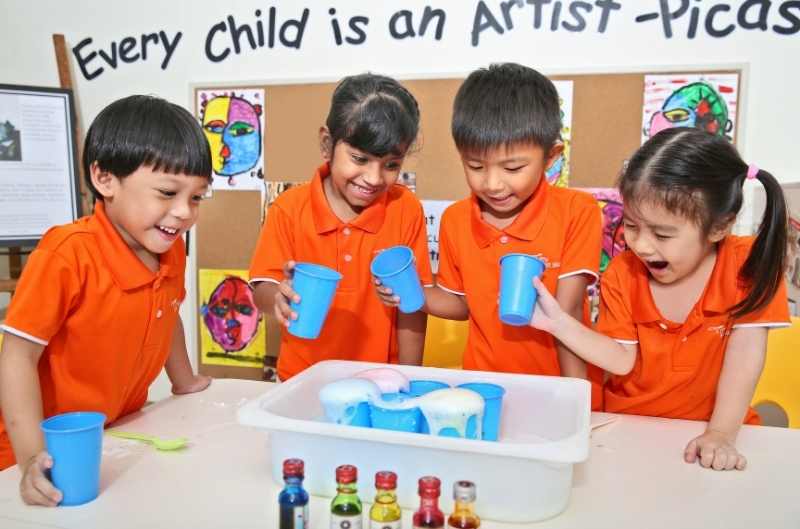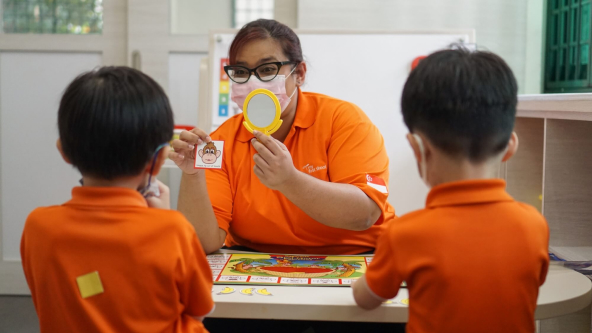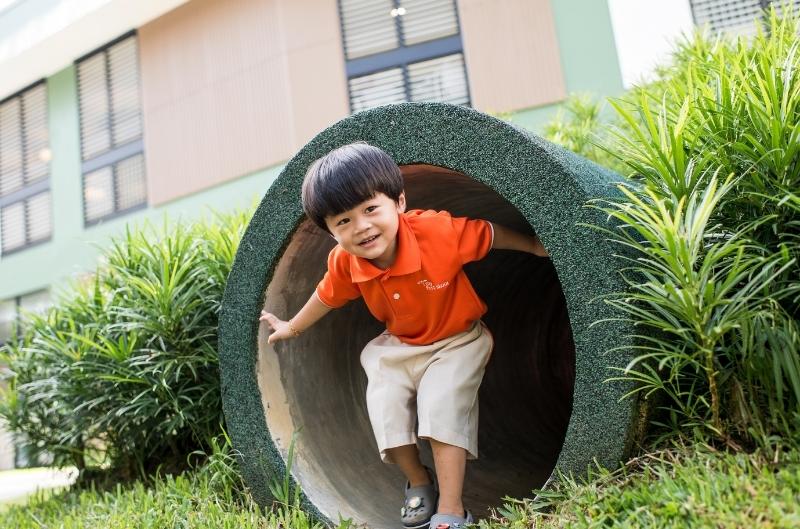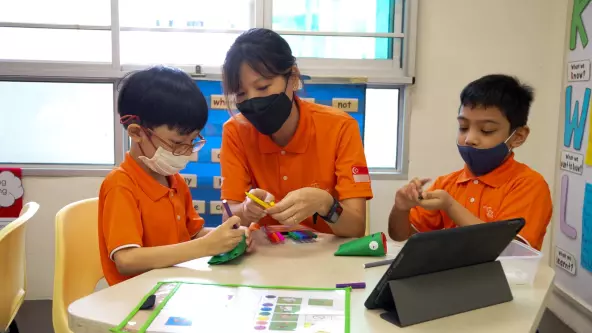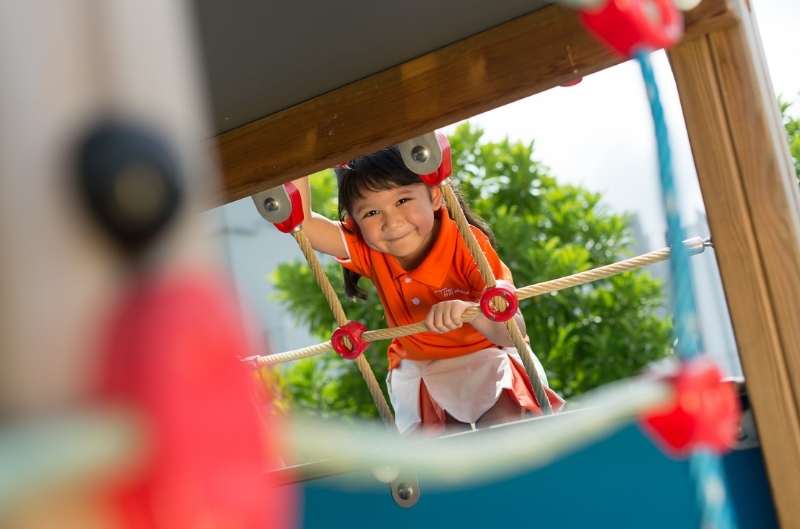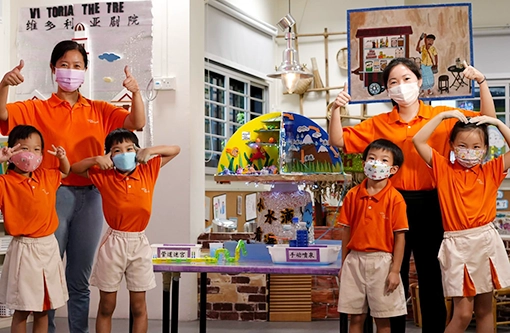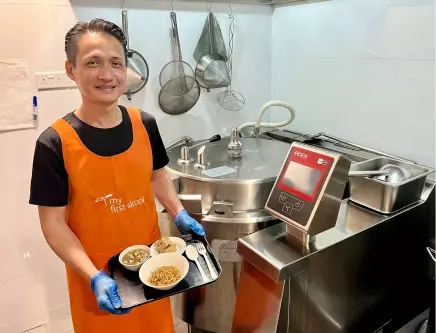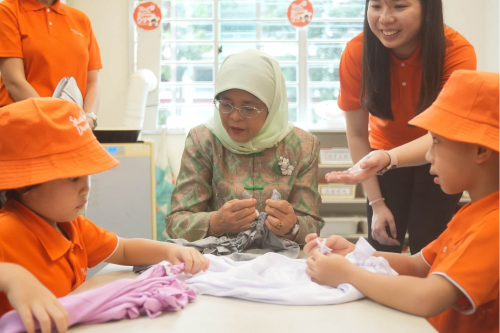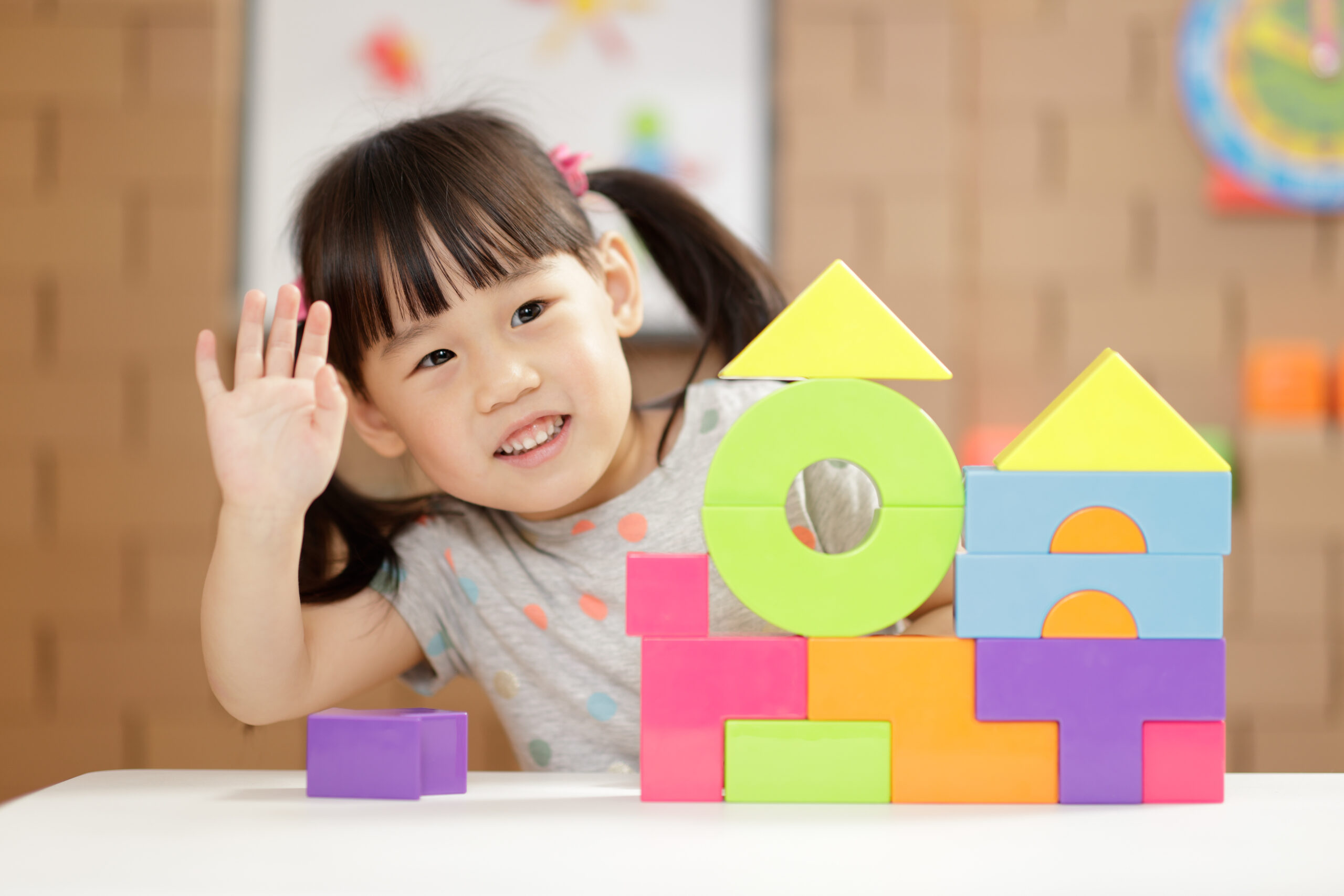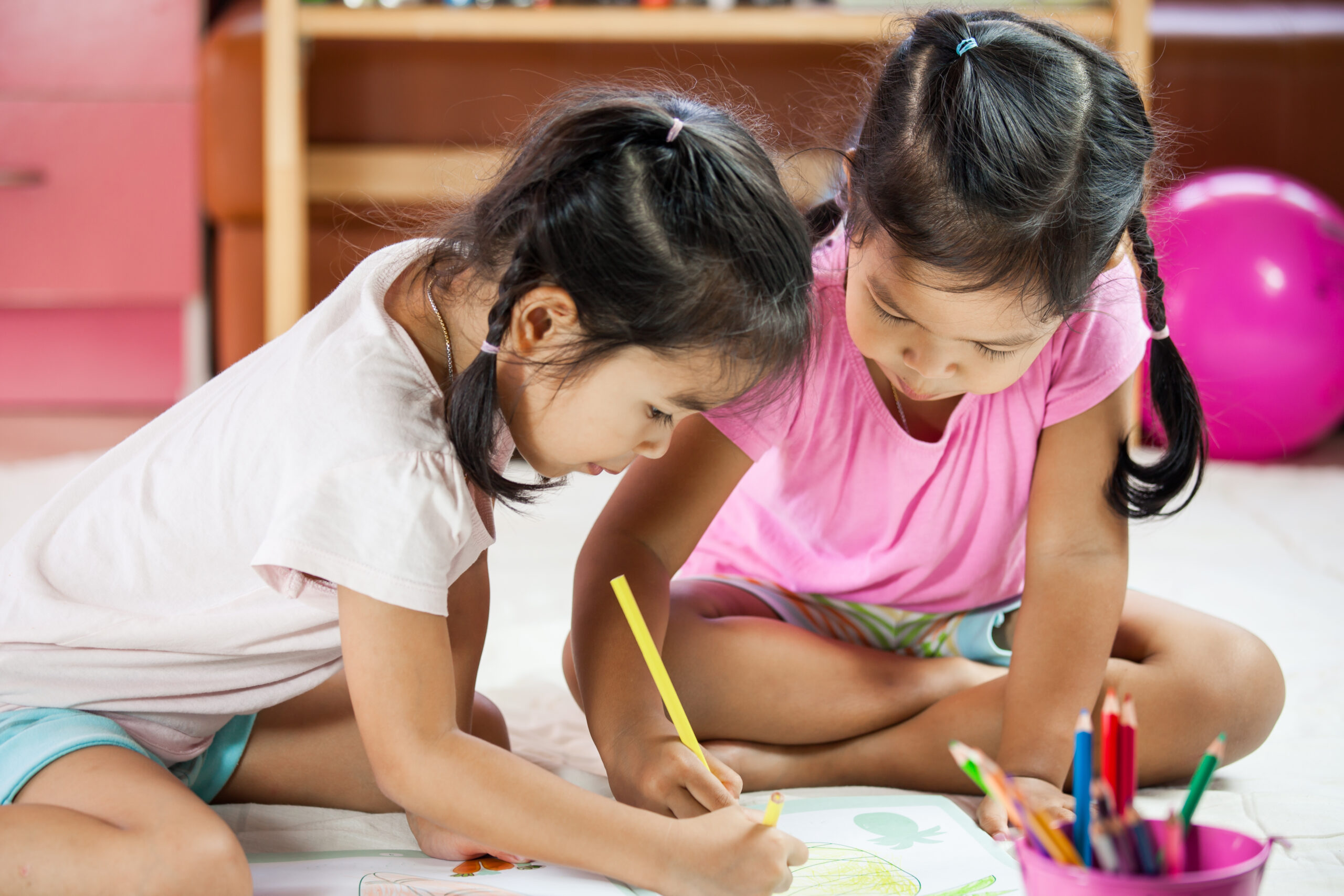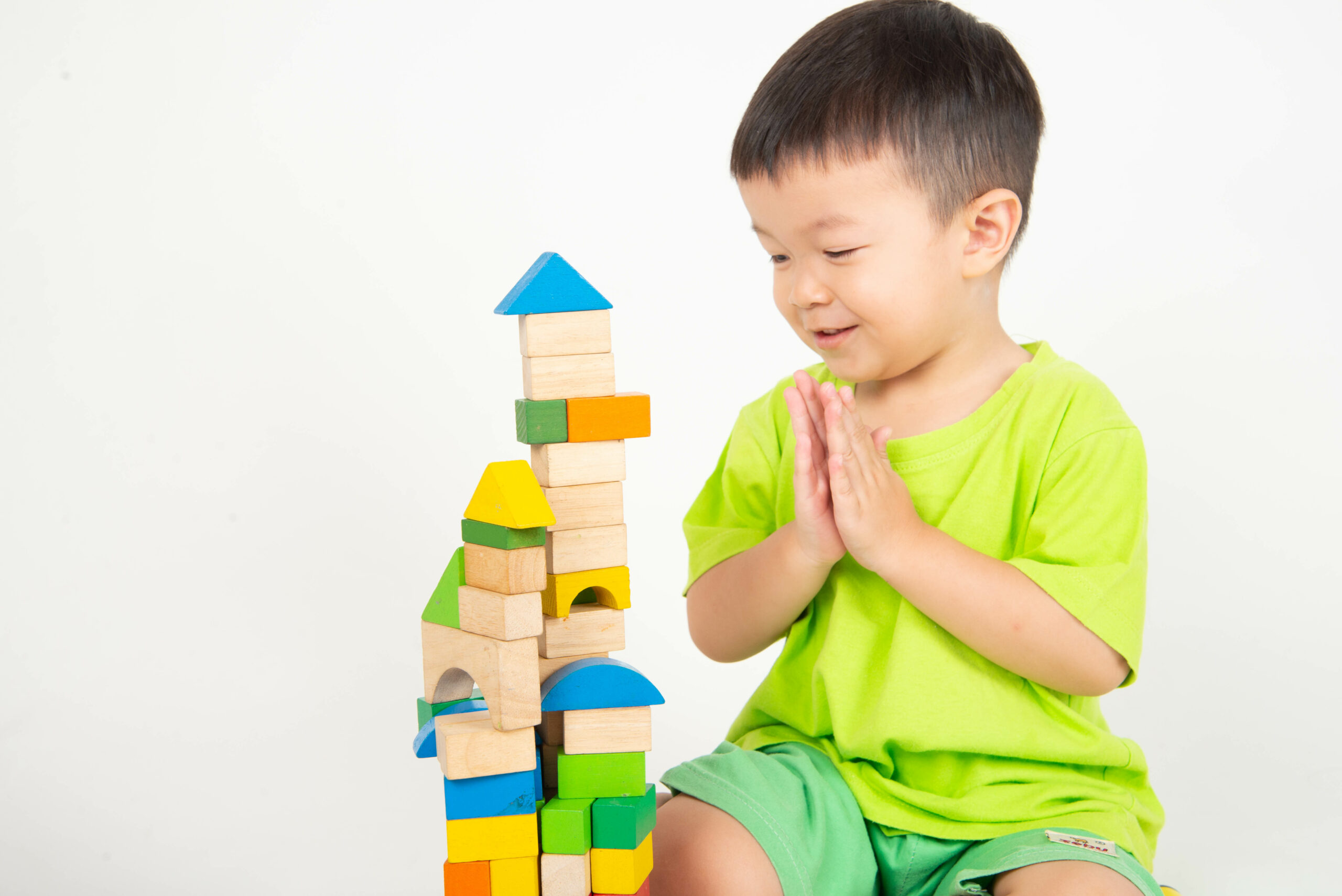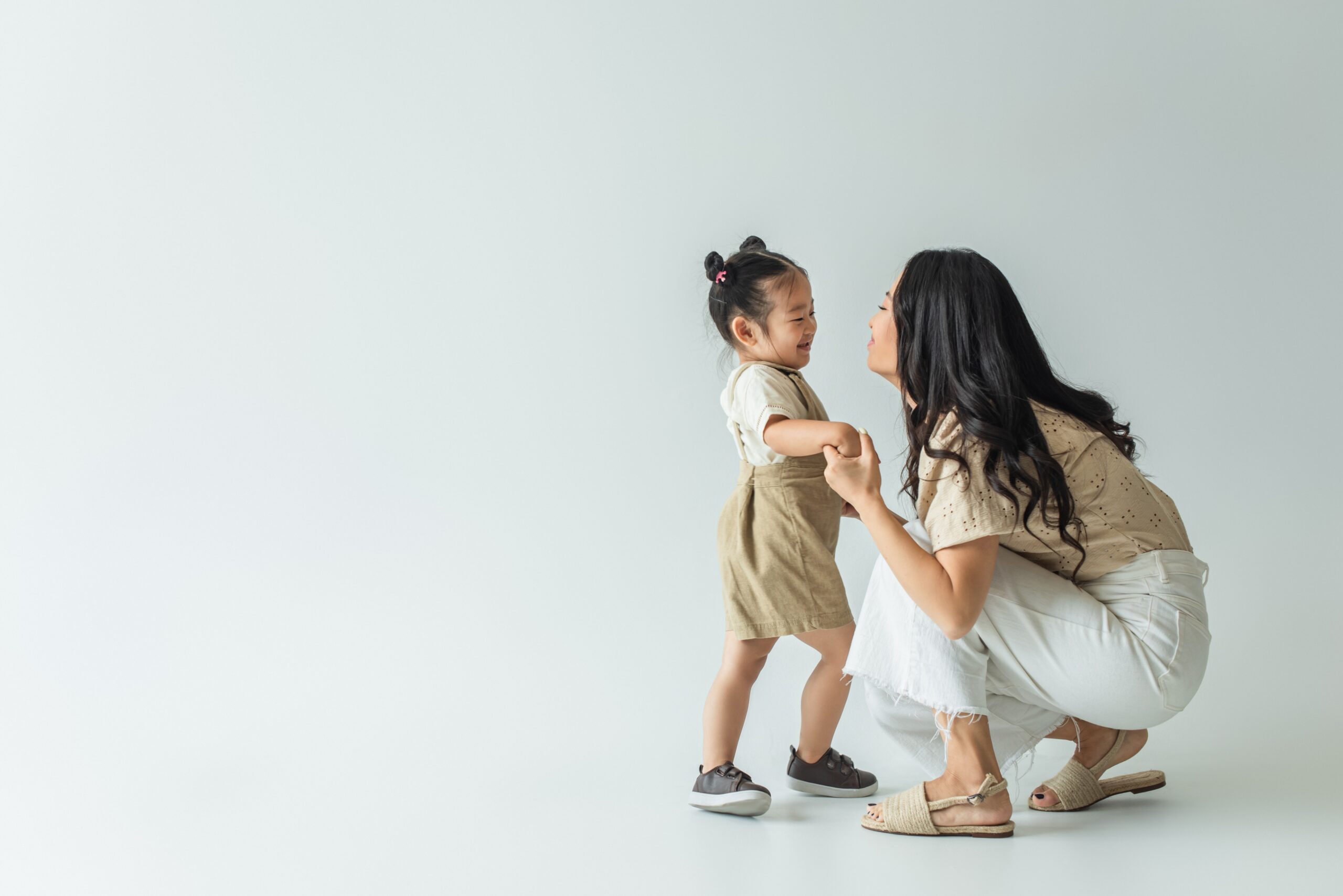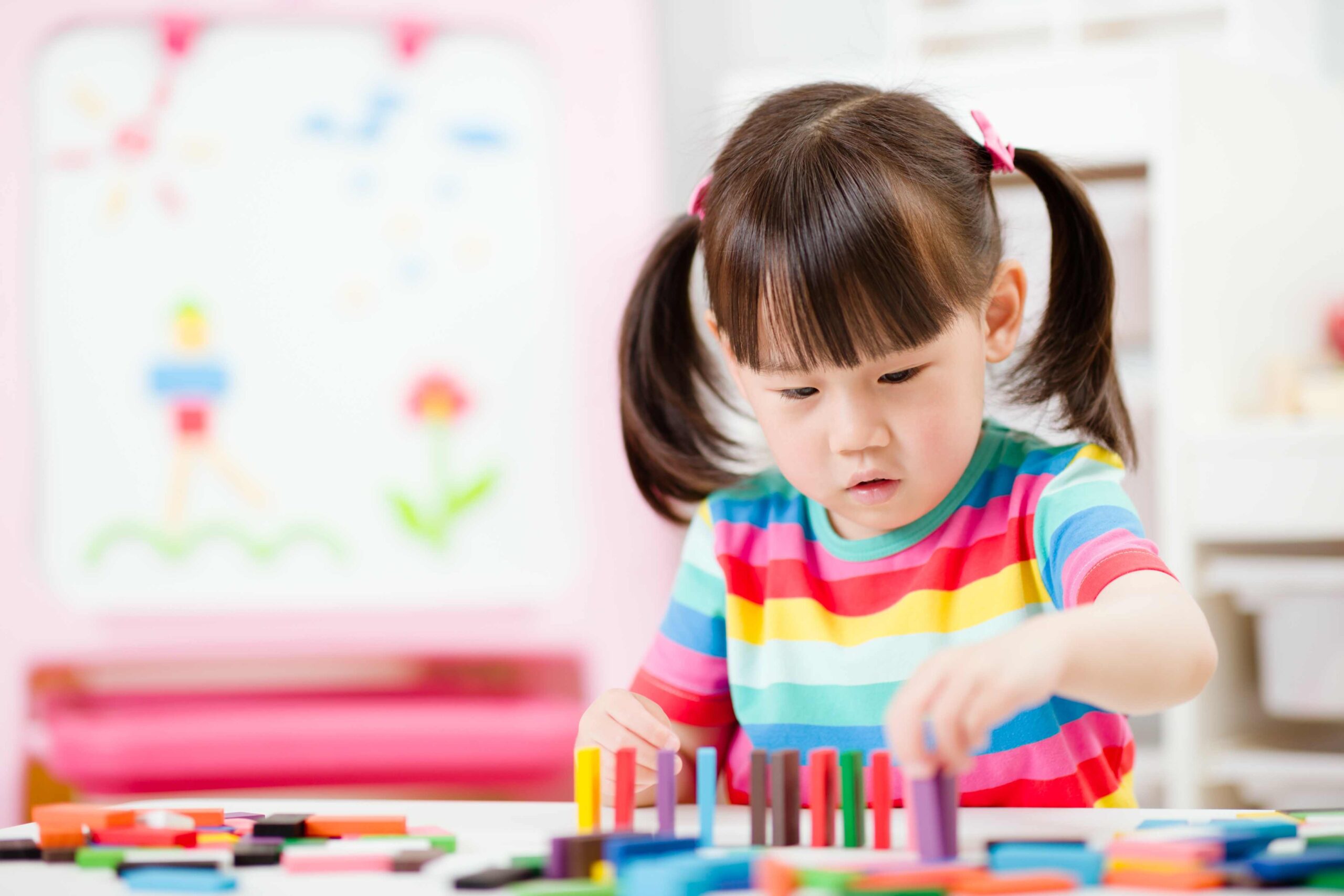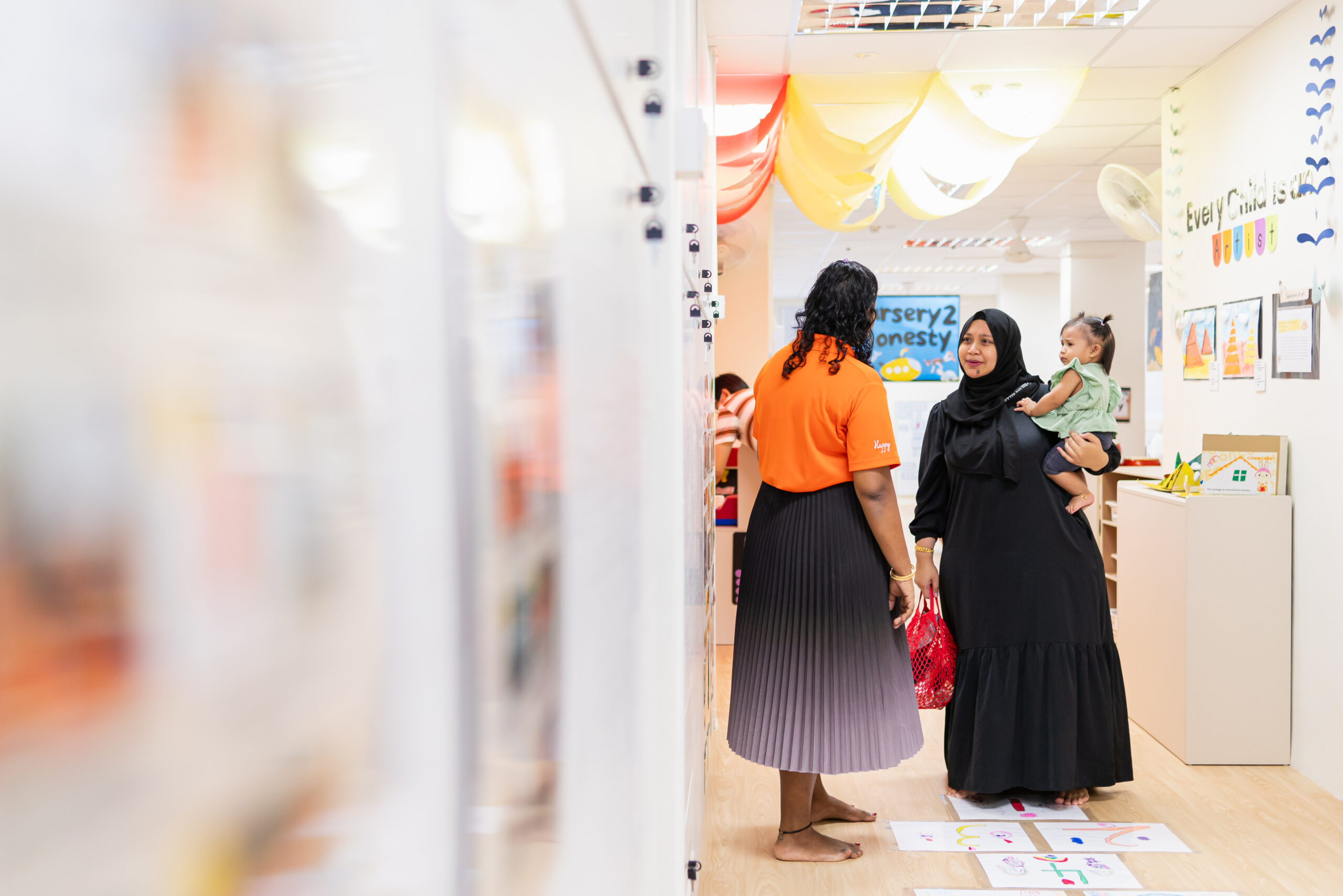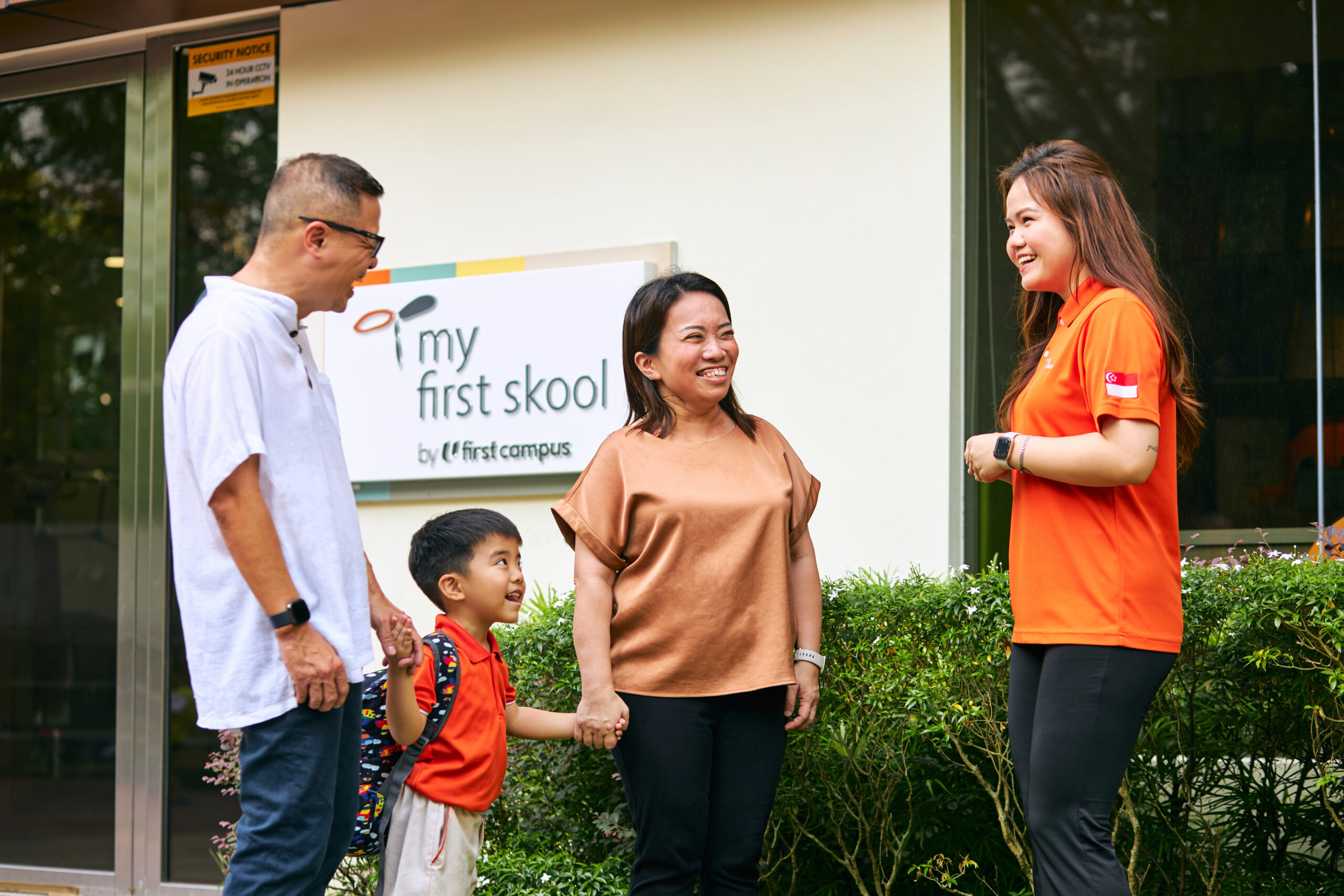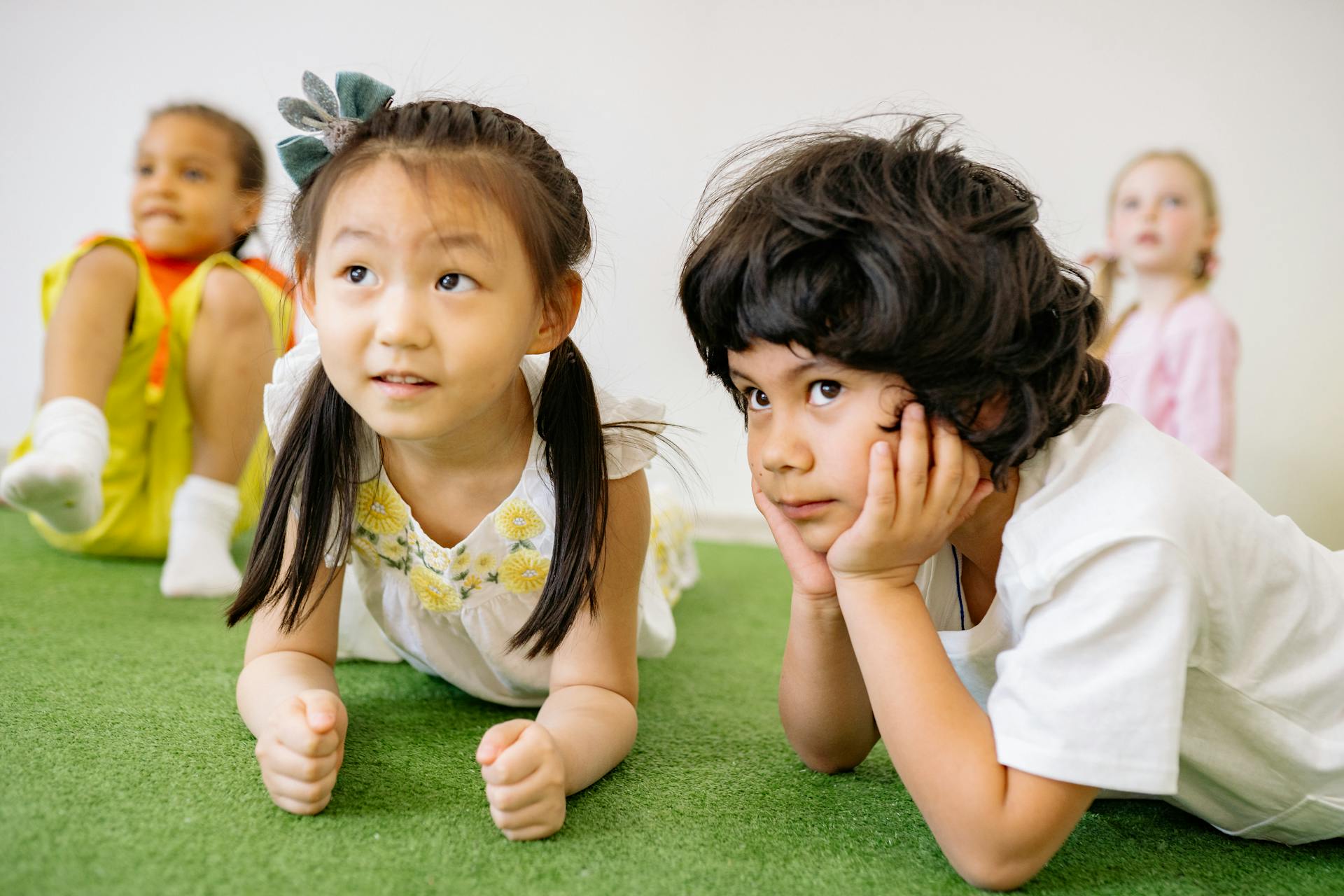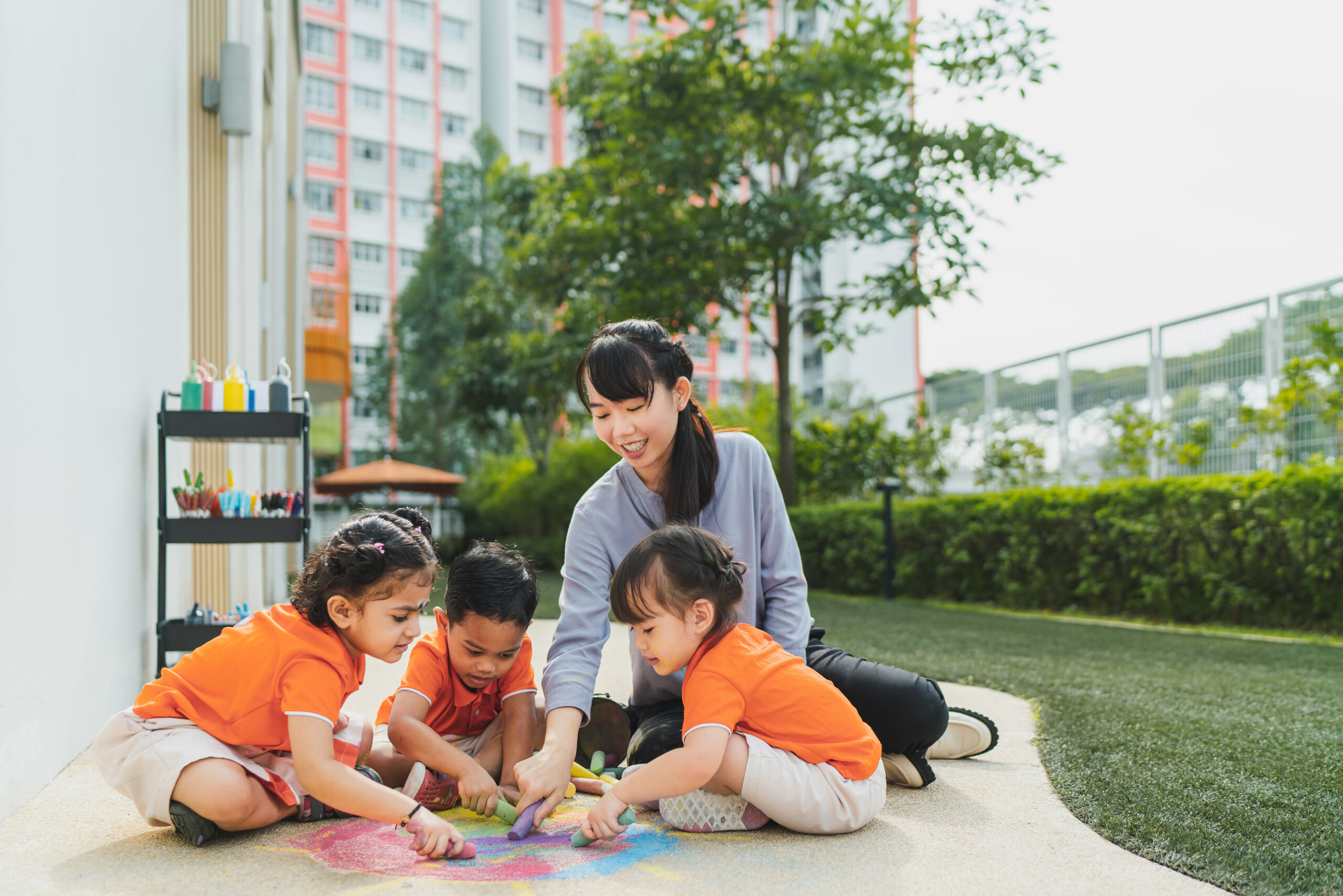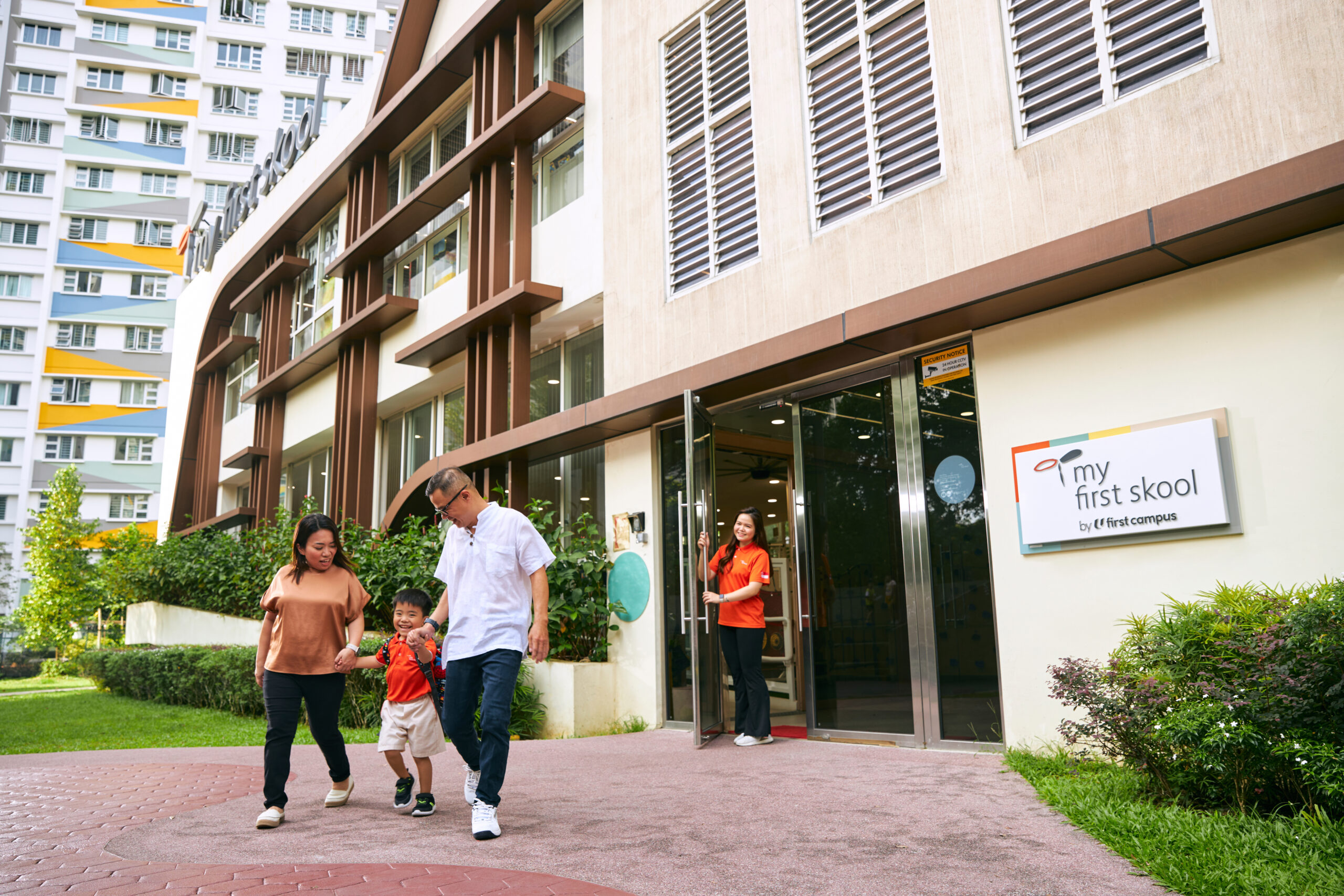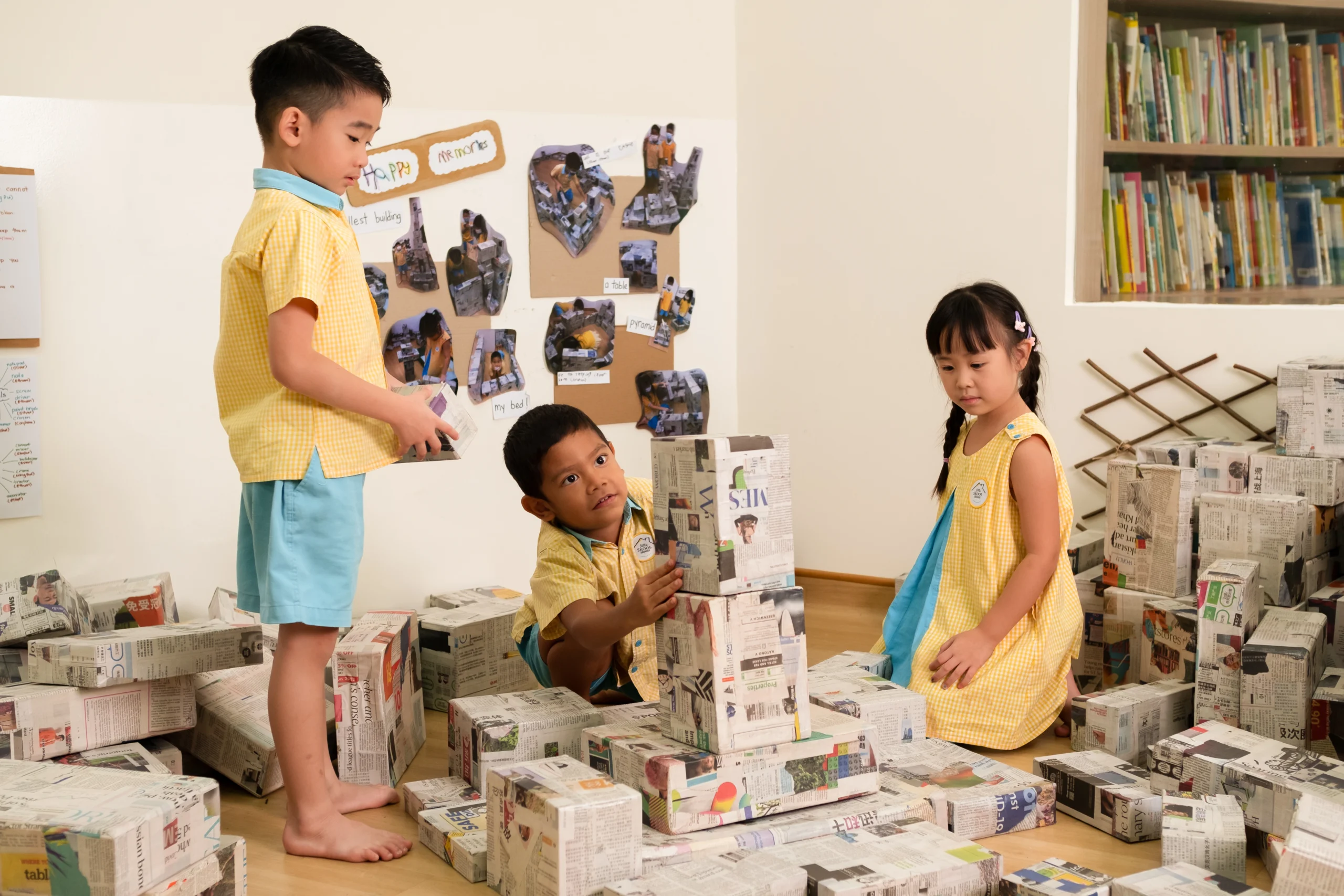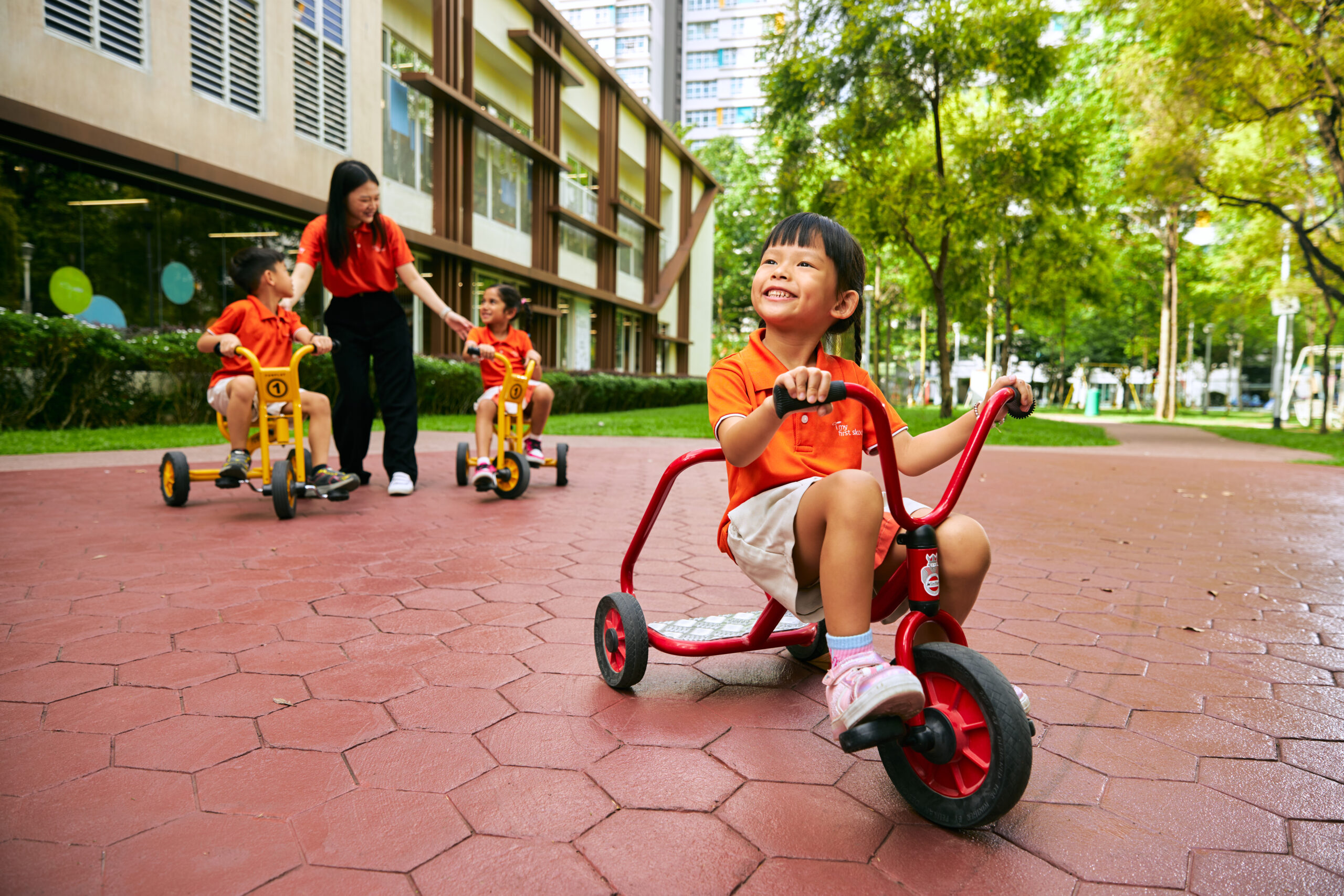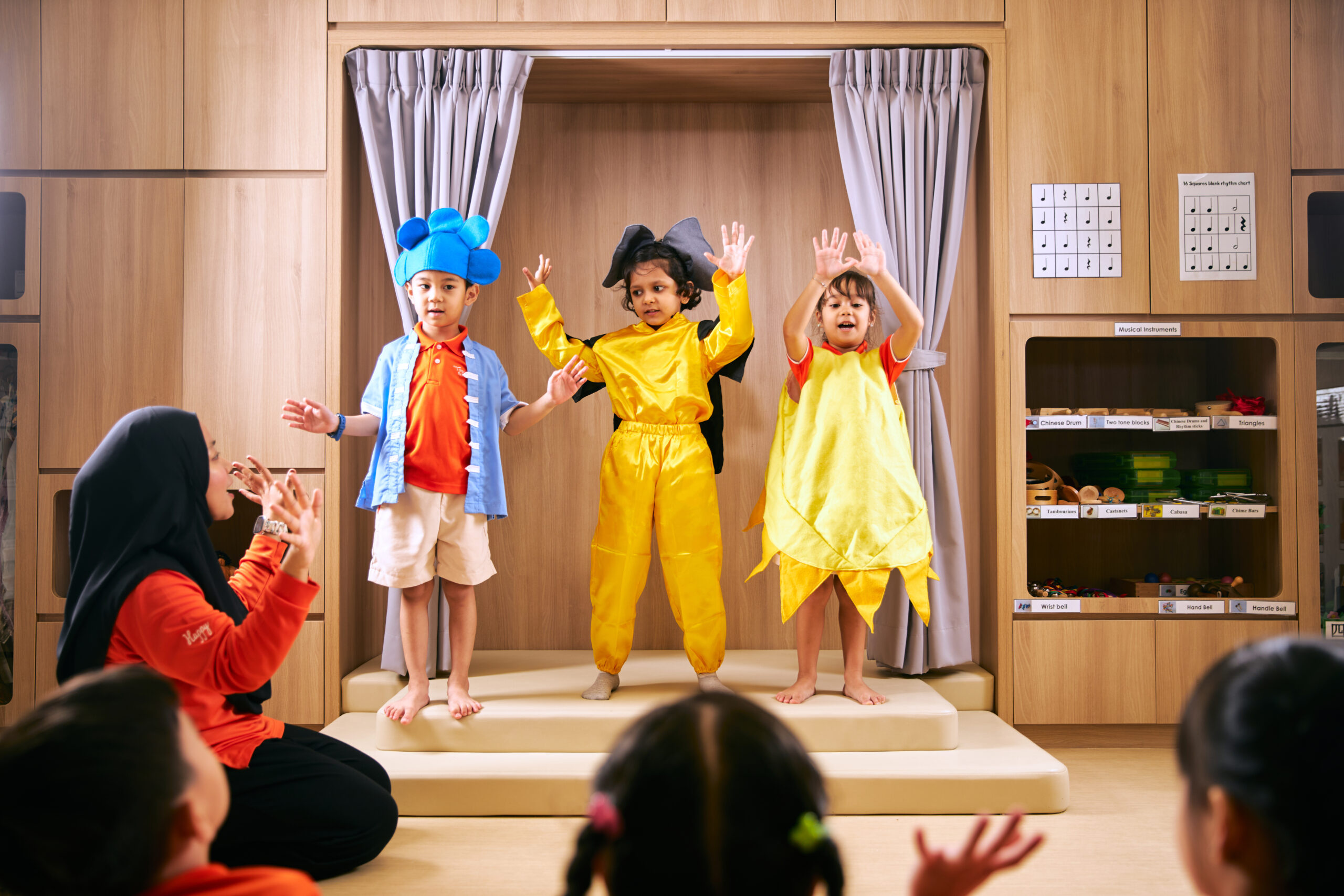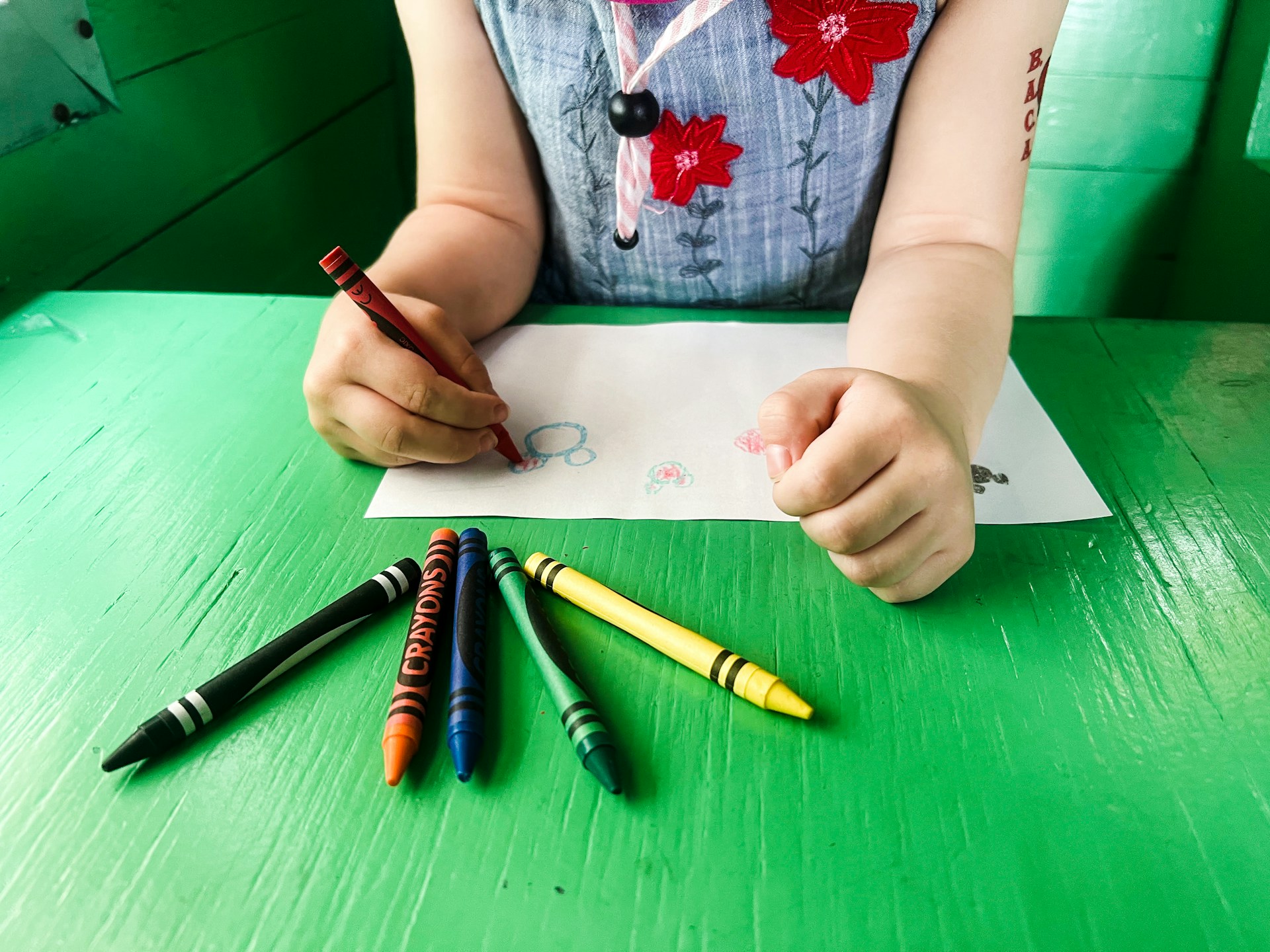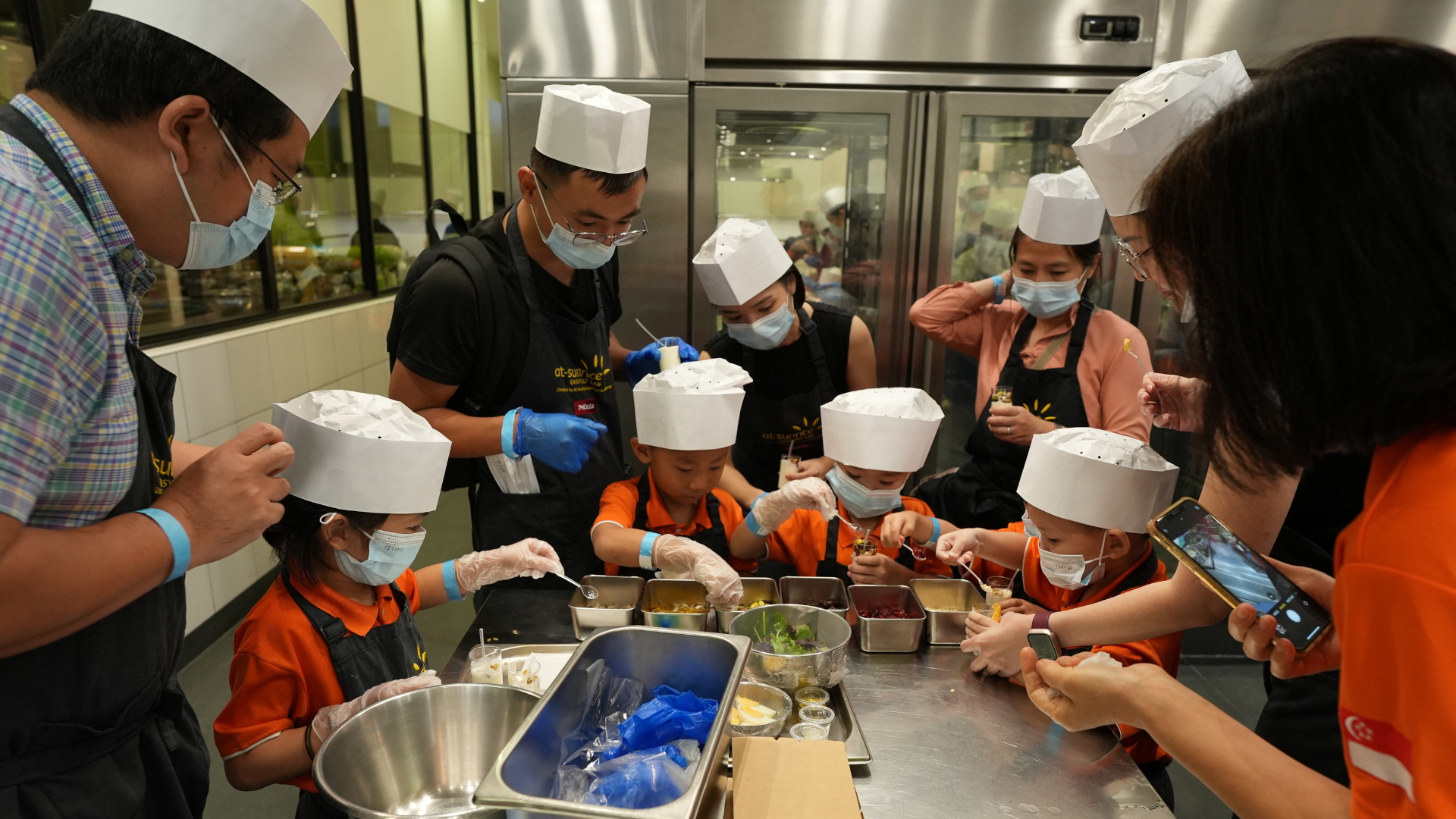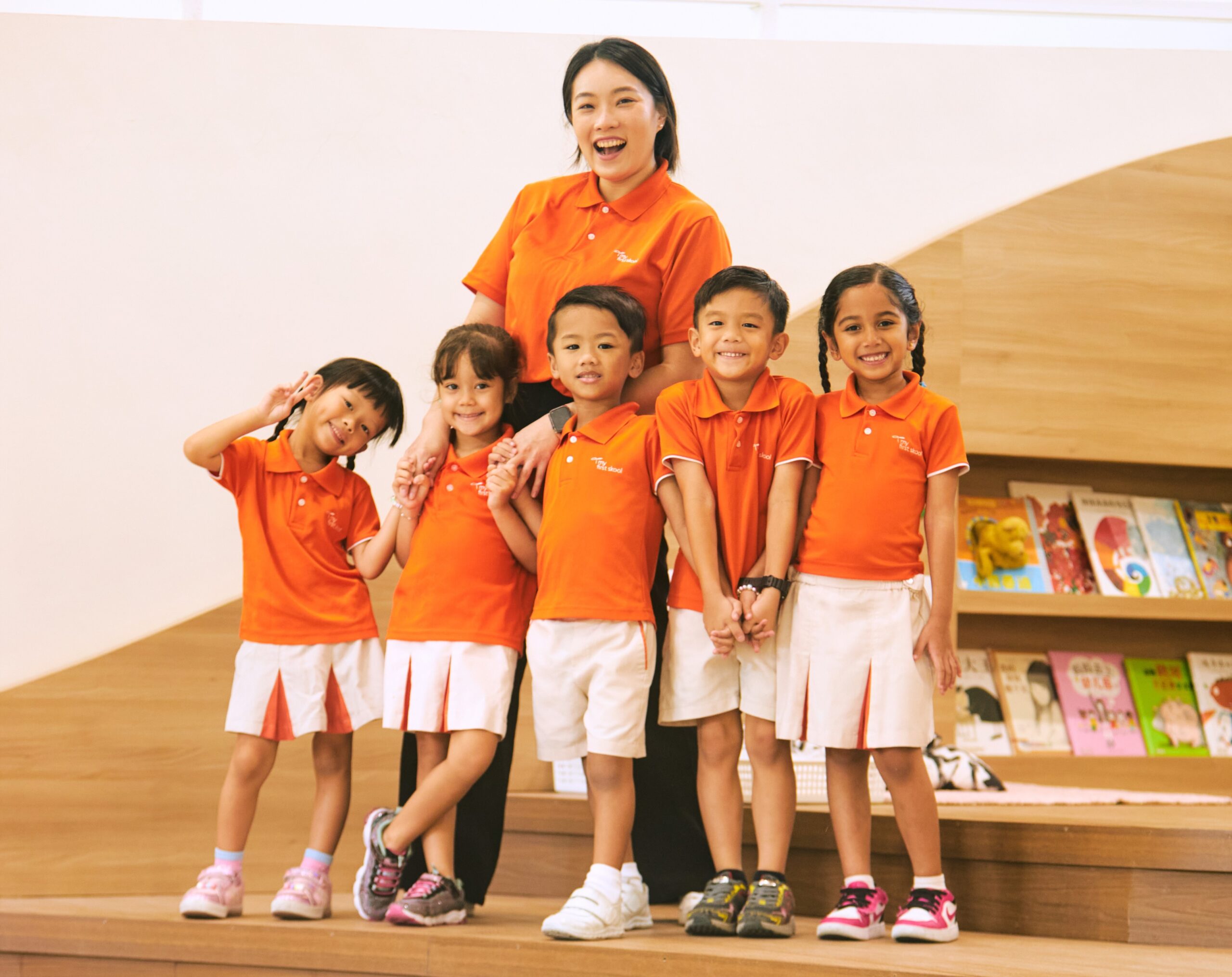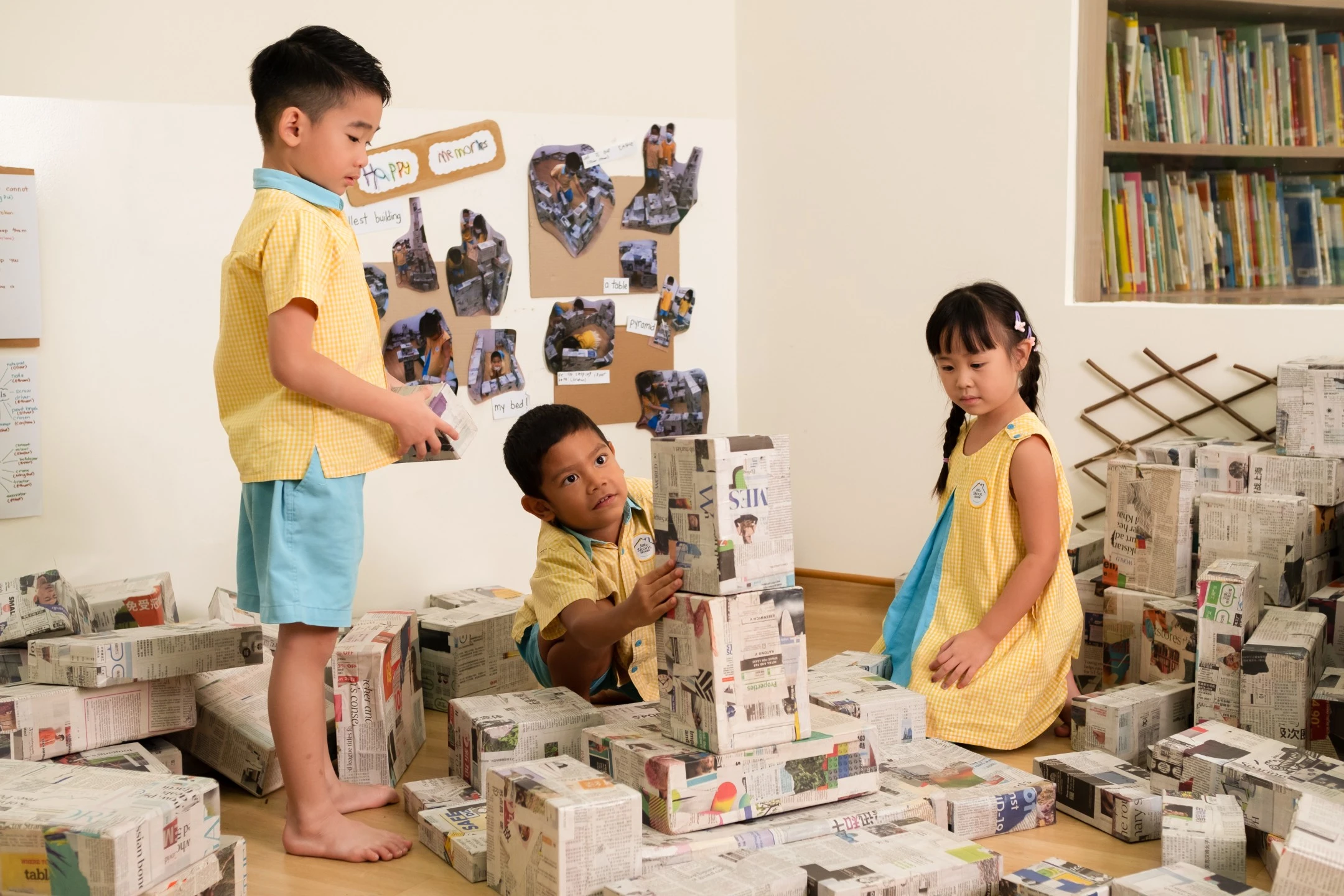How can we help?
Is Preschool Kindergarten? Exploring Key Differences & Benefits
Education
Preschool
Is preschool kindergarten? Not exactly. “Preschool” is an umbrella term for any institution that provides both childcare services and educational programmes to children between 18 months and 6 years of age. Preschools may operate as childcare centres or kindergartens.
On the other hand, the term “kindergarten” can either refer to an institution that enrols children between the ages of 3 and 6 years old, or a preschool level (Kindergarten 1 and Kindergarten 2) that is available for children aged 5 to 6 years respectively. Both childcare centres and kindergartens offer programmes at the kindergarten level (i.e. K1 and K2).
This article will explain the key differences between preschool, childcare and kindergarten, and the different learning experiences they offer.
Key Takeaways
- Childcare centres offer educational programmes and care services for playgroup, nursery and kindergarten levels, for children aged 18 months to 6 years. Some centres also offer infant care for children below 18 months.
- Institutions operating as kindergartens offer programmes at the nursery and kindergarten levels for children aged 3 to 6 years old.
- Government subsidies in Singapore enhance access to early childhood education, with various financial assistance programs available for families to support preschool enrollment.
Defining Preschool and Kindergarten
The terms childcare, preschool, and kindergarten are frequently confused, though they serve different purposes in a child’s educational journey. In Singapore, preschools refer to any institutions that provide early childhood education and childcare services to children aged 18 months to 6 years, before they start primary school. Preschools may operate as childcare centres or kindergartens.
Childcare centres in Singapore offer services to children from 18 months to 6 years, at the playgroup, nursery and kindergarten levels. Some childcare centres may also offer infant care programmes for babies aged 2 to 17 months. In comparison, kindergartens in Singapore are catered to children between the ages of 3 to 6 years old, and offer programs for nursery and kindergarten levels.
Programmes catered to the playgroup and nursery levels focus on developing social, emotional, cognitive, and motor skills through play-based learning. On the other hand, kindergarten-level programmes, which are designed for children aged 5 to 6 years, are intended to bridge the transition from early childhood education to formal schooling by introducing more structured learning activities.
In Singapore, the Early Childhood Development Agency (ECDA) is the regulatory and developmental agency for the early childhood sector and sets preschool standards, ensuring a high-quality educational foundation in the early childhood sector. With 1,607 childcare centres and 373 kindergartens nationwide as of 2022, parents have a variety of options to suit their needs.
Preschool Age Groups for Playgroup, Nursery and Kindergarten Level Programmes
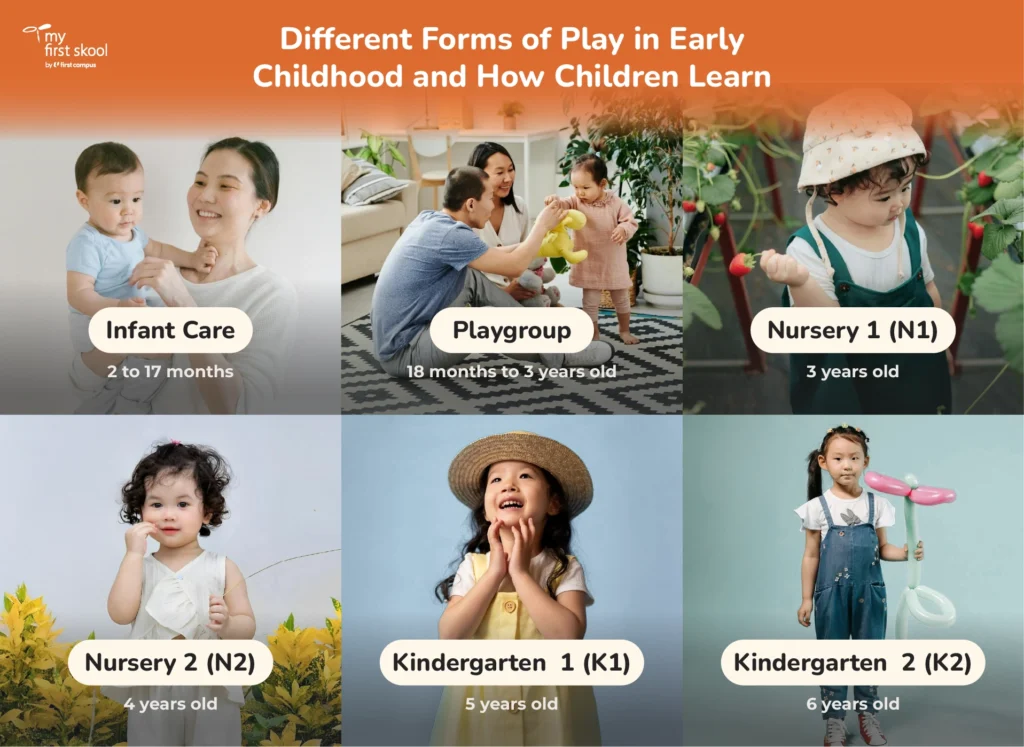
Generally, preschool programmes in Singapore cater to children aged 18 months to 6 years, focusing on developing social, emotional, cognitive, and motor skills through structured play. Understanding the age groups for the different preschool programmes helps in selecting the right programme for your child.
After transitioning from infant care, playgroup programmes are available for children aged 18 months to 2 years old, involving activities like art and craft, outdoor play, puppetry, and storytelling.
For children turning 3 and 4 years old, we have programmes at the nursery level (Nursery 1 and Nursery 2) that involve sensory play, creative expressions, singing and dancing, independent play, reading as well as academic learning activities.
Meanwhile, kindergarten levels (Kindergarten 1 and Kindergarten 2) target children aged 5 to 6 years respectively, preparing them for primary school with a curriculum that balances structured learning with play. Programmes at the kindergarten level tend to involve more academically-driven activities, such as English and Chinese classes and learning about current affairs, to ensure that children are ready for the next stage of their education.
The programs available at the playgroup, nursery and kindergarten levels highlight the importance of age-appropriate learning, with each stage tailored to the specific developmental needs of the respective age group.
It should be noted that childcare centres and kindergartens both offer programmes at the nursery and kindergarten level. To understand which option is best for your child, it is important to consider your family’s needs and evaluate these factors.
Programme Structures and Educational Approaches
The structure of preschool programmes varies significantly to reflect the different educational objectives for each preschool level. Prior to the kindergarten level, preschool programmes typically employ a play-based learning approach, encouraging exploration and learning through hands-on activities and social interactions. Playtime is blended with structured learning activities throughout the day. The focus is on fostering social skills and creativity, and also helping children develop language skills and other foundational abilities, in a fun and engaging environment.
At the kindergarten level, the focus shifts to a more structured learning environment, with more structured learning activities incorporated alongside play. Kindergarten programmes are more academically-oriented, focusing on building literacy, numeracy, and other foundational academic skills. Children engage in organised group activities and individual tasks that will enhance cognitive skills, such as reading, writing, basic mathematics and critical thinking. This structured curriculum prepares them for the more formal education they will encounter in primary school.
Different educational philosophies and pedagogies offer varied approaches in preschool. For example, at My First Skool, our curriculum employs a pedagogical approach called PETAL© – Playing, Exploring, Thinking, and Applying Learning, which provides facilitated play experiences that encourage active exploration, critical thinking and making meaningful discoveries. These diverse approaches ensure that children receive a comprehensive early education tailored to their unique learning styles.
School Hours and Holidays
Generally, parents in Singapore can choose between half-day and full-day preschool programmes, depending on their family’s needs and preferences. Whether full-day care is available at a preschool depends on whether they operate as a childcare centre (which not only provides early education but also offers essential care services), or as a kindergarten (which typically operates for a few hours daily and focuses on academic preparation).
Childcare centres offer half-day or full-day programmes and usually have operational hours extending from 7 AM to 7 PM, on weekdays and for half a day on Saturday. This flexibility accommodates working parents who require longer care hours for their children and ensures that children have a consistent routine. However, the availability and structure of after-school care services may vary depending on the institution, so parents should consider these factors when choosing an early childhood education programme.
Kindergartens typically operate for 3 to 4 hours each day, either in the morning or the afternoon, and are closed on weekends.
Childcare centres are closed on Sundays, gazetted public holidays and annual closure days. Meanwhile, kindergartens are closed on weekends and school holidays, resulting in longer holiday breaks compared to childcare centres.
Selecting a Preschool: Childcare Centres or Kindergartens?
Deciding between a childcare centre and kindergarten requires careful consideration of your family’s needs and preferences. If your children require extended, full-day care, childcare centres may be a better option for you as they ensure that your children receive essential care services and stick to a consistent routine throughout the day.
Apart from whether they operate as a childcare or kindergarten, choosing between preschools requires careful consideration of the specific curriculum and structure of the programmes offered, their educational philosophies as well as your child’s learning preferences. Other factors to consider when selecting a preschool operator include location, learning environment, school culture, teachers, student-teacher ratio, awards and reviews. These elements contribute to the overall experience and significantly impact your child’s development.
Making informed decisions about early childhood education ensures your child receives the best possible start in life. By considering all relevant factors and understanding the unique benefits of childcare centres and kindergarten, you can choose a preschool operator that aligns with your child’s needs and prepare children for a seamless transition to primary school.
At My First Skool, we offer full-day childcare services and preschool programmes for children aged 18 months to 6 years old, as well as infant care services for infants aged 2 to 17 months. We have 45+ years of experience in child care and preschool education, and operate 160+ centres islandwide, all dedicated to ensuring a well-rounded educational journey for your child.
160+ Locations Islandwide
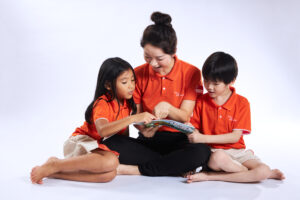
Every year, over 26,000 families all across Singapore see their children benefit from our relationships-based curriculum – one that emphasises forging strong bonds between children, teachers and parents. Find a centre near you or take a virtual tour to explore our learning environments and learn how your child can thrive.
Summary
Different preschool programs offer unique benefits tailored to different developmental stages. Playgroup and nursery-level programmes provide a nurturing environment for very young children to develop social, emotional and cognitive skills through play-based learning. In contrast, programmes at the kindergarten level prepare children for primary school with a more structured curriculum focusing on academic skills.
Understanding the differences in programme structures, educational approaches, teacher-student ratios, available services and school hours helps parents make informed decisions about their child’s early education and select a suitable preschool operator for their children. Additionally, government support and subsidies make early childhood education more accessible, further supporting parents in providing a good foundation for their children.
Ultimately, the choice of preschool depends on your family’s and your child’s specific needs. By considering all factors and understanding the unique offerings of each preschool provider, parents can ensure their children are well-prepared for the future.
Start Your Child’s Learning with Confidence
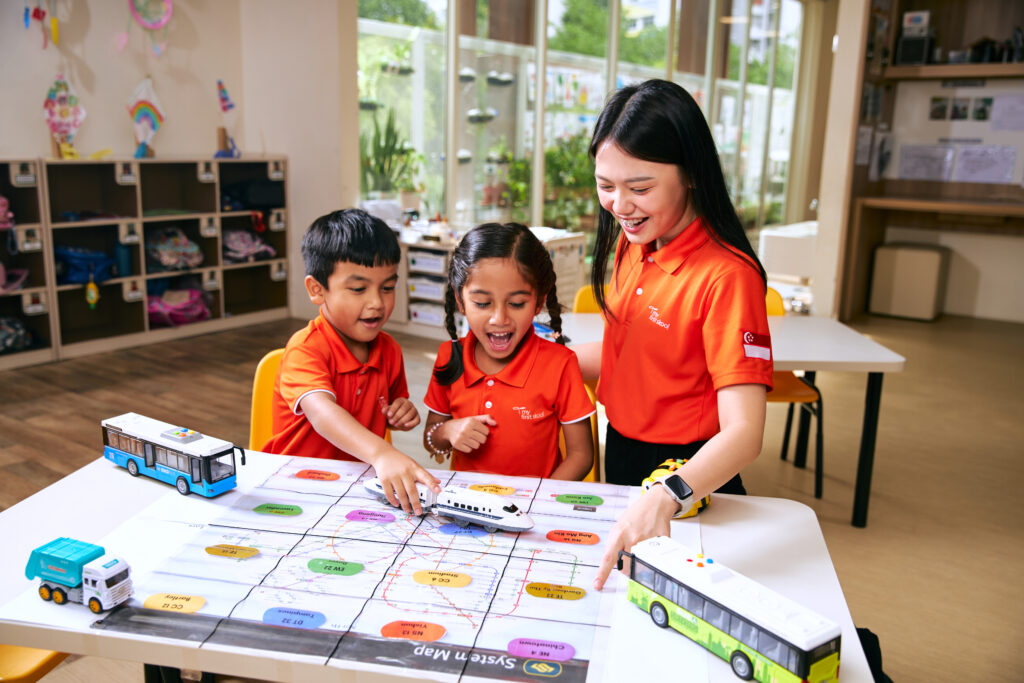
At My First Skool, we believe every child deserves a strong start. As one of Singapore’s most trusted providers of infant care, childcare, preschool, and kindergarten, we offer a nurturing environment where little ones can grow, learn, and thrive. With experienced educators and a proven curriculum, we’re here to support your child’s journey—every step of the way. Registration only takes 5 minutes.
Frequently Asked Questions
What level is kindergarten in Singapore?
In Singapore, kindergarten is divided into two levels: Kindergarten 1 (K1) for children aged 5 years and Kindergarten 2 (K2) for those aged 6 years. This structure supports the developmental needs of children as they prepare for primary education.
What age group does preschool cater to in Singapore?
Preschool in Singapore caters to children aged 18 months to 6 years, emphasising developmental skills through play-based learning. Preschools offer programmes at the nursery and kindergarten level, and sometimes the playgroup level.
How does the curriculum differ between preschool and kindergarten?
Before the kindergarten level, the curriculum in preschool centers around play-based, theme-driven learning that introduces foundational literacy and numeracy. However, the curriculum at the kindergarten level adopts a more structured approach that emphasises formal instruction in reading, writing, and basic mathematics.
What are the typical school hours for childcare centres and kindergartens in Singapore?
In Singapore, childcare centres operate from 7 AM to 7 PM, offering full-day programmes on weekdays and for half a day on Saturday. Meanwhile, kindergarten operators typically operate for 3 to 4 hours each day, and are closed on weekends and school holidays.
What subsidy schemes are available for early childhood education in Singapore?
In Singapore, parents of Singapore Citizen children may be eligible for Basic and Additional Subsidies under the Infant and Childcare Subsidy scheme, or subsidies through the Kindergarten Fee Assistance Scheme (KiFAS). These subsidies significantly alleviate the financial burden of early childhood education.
